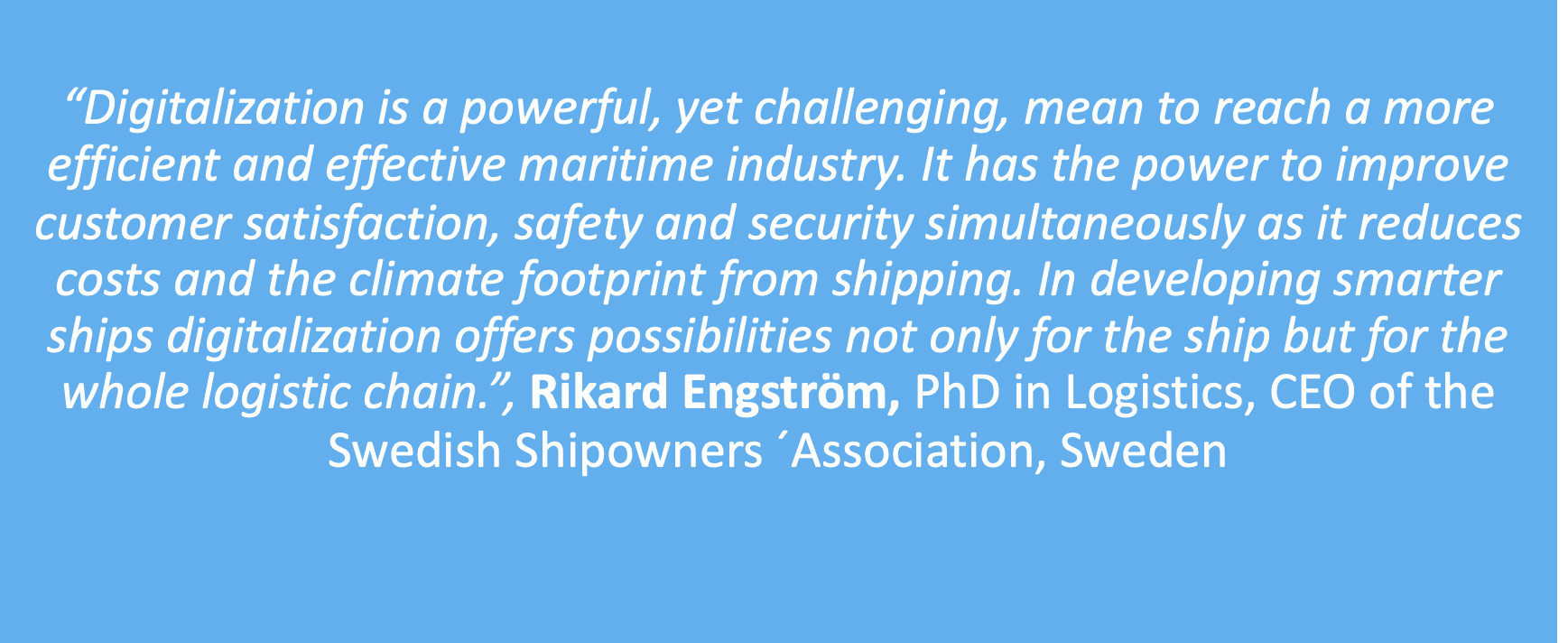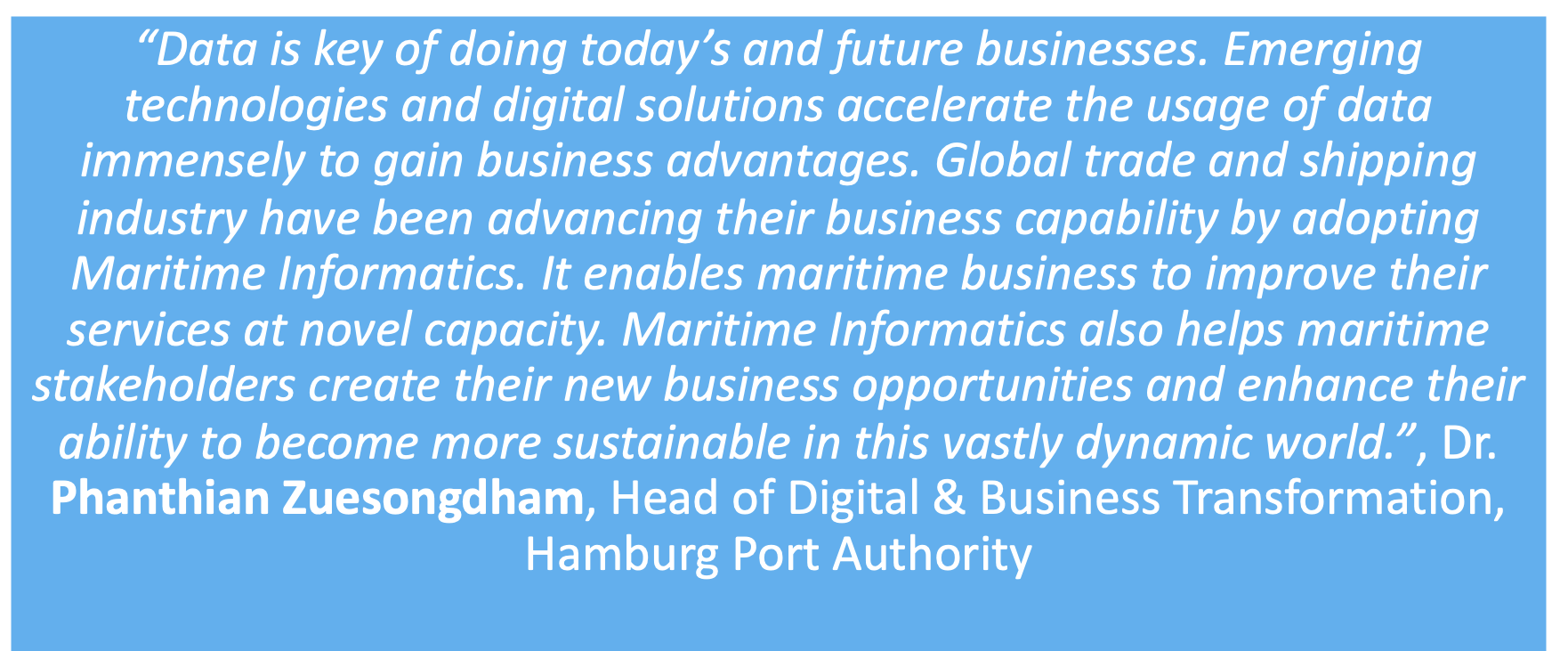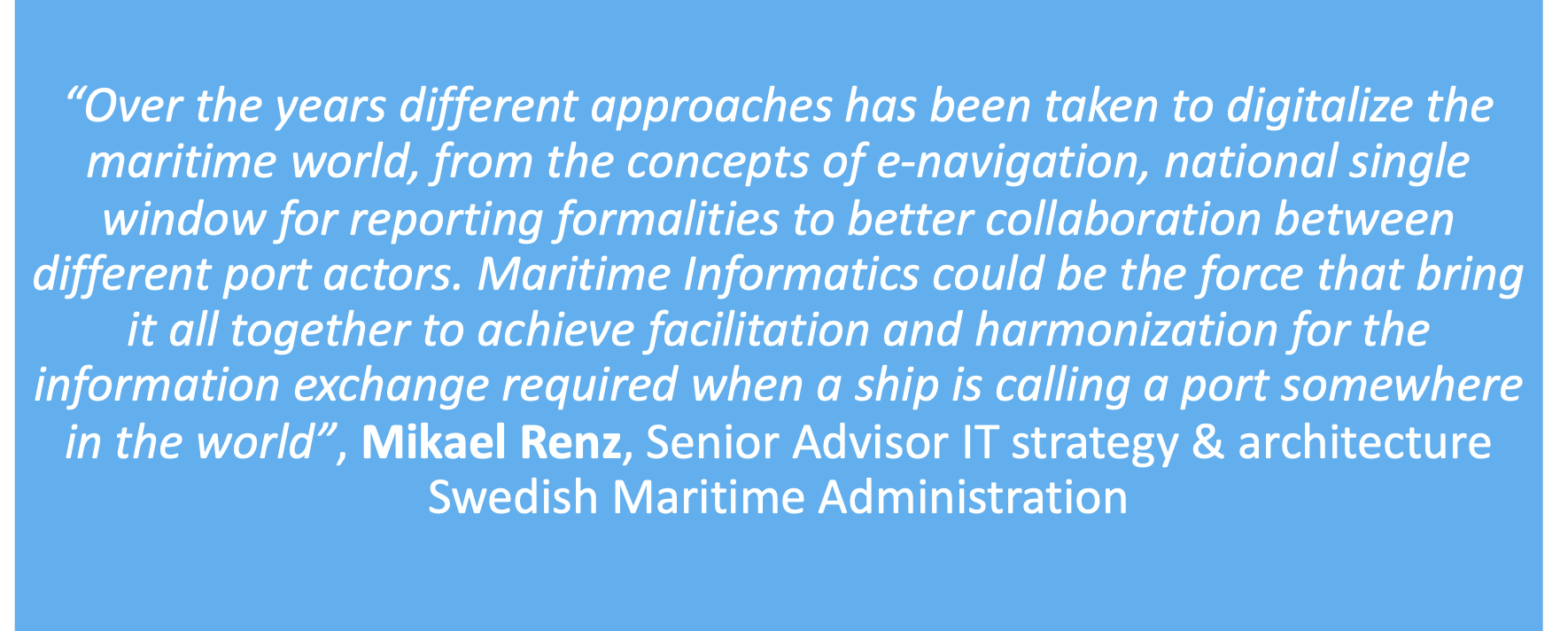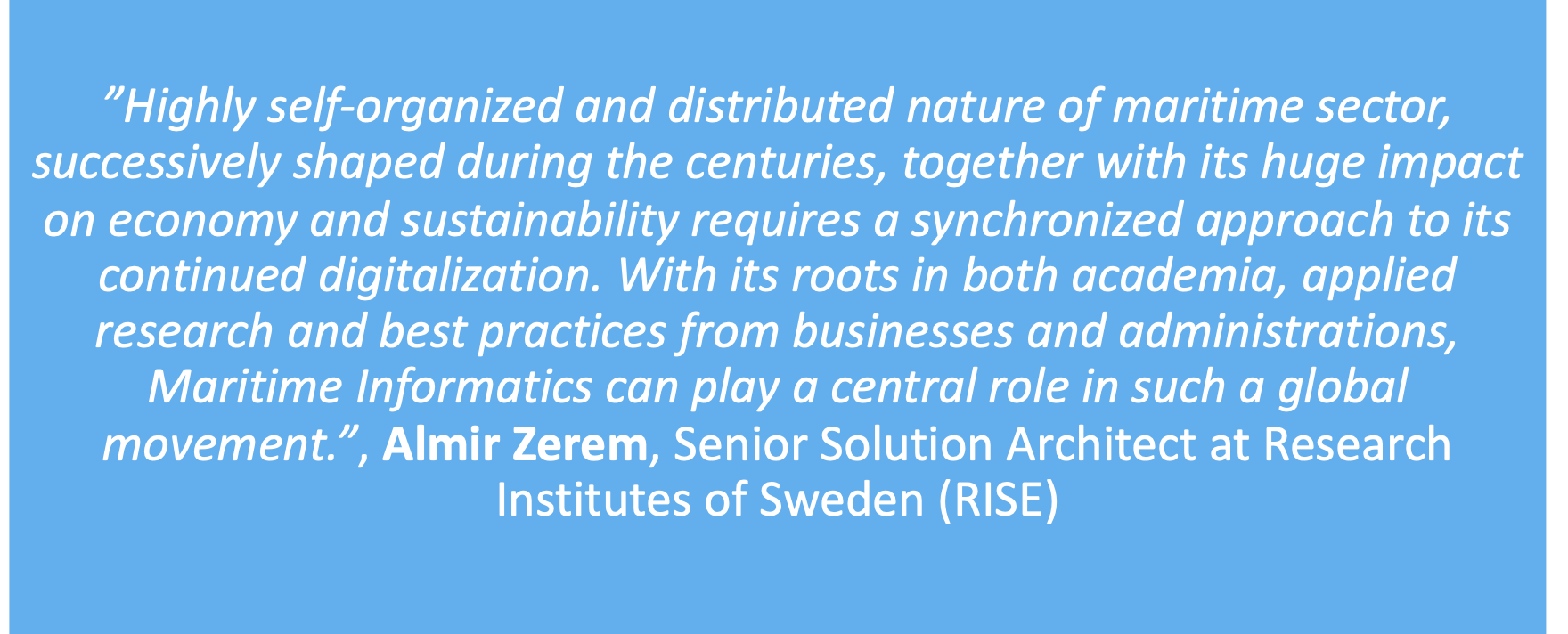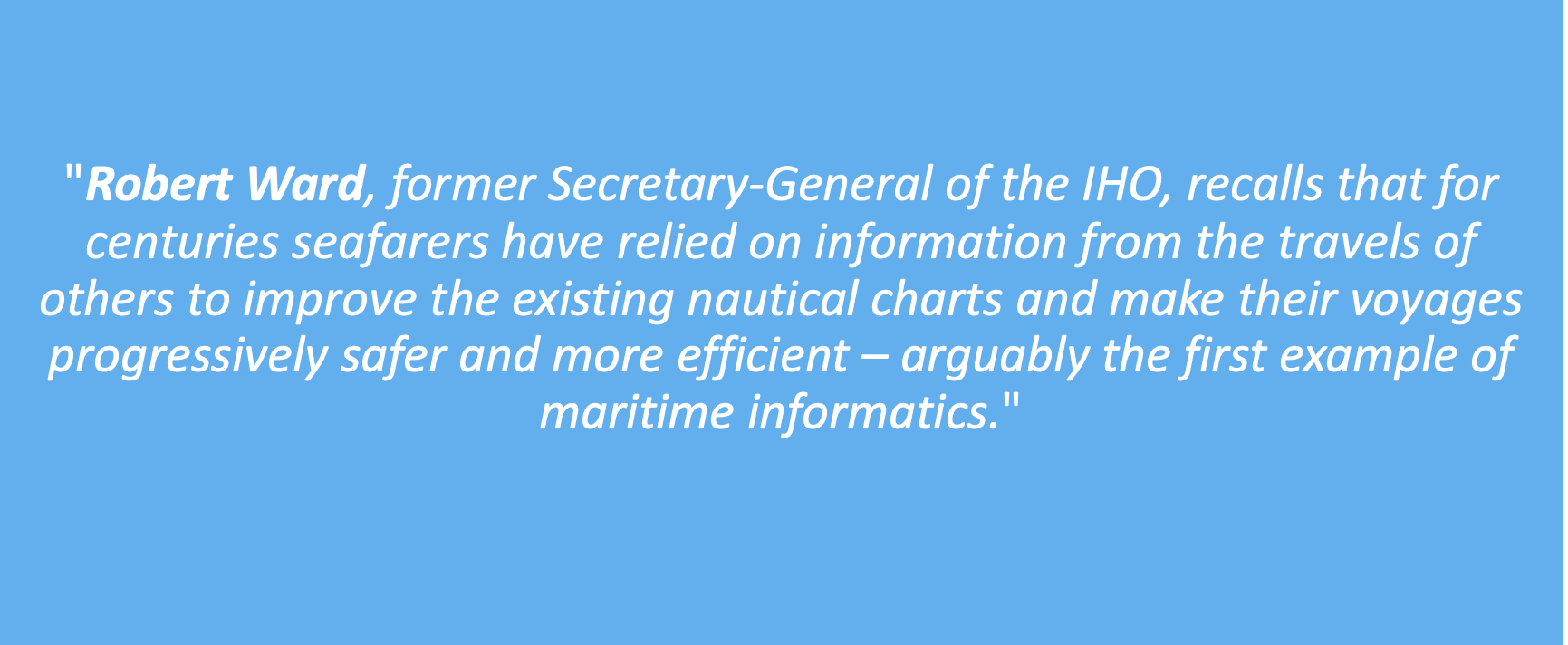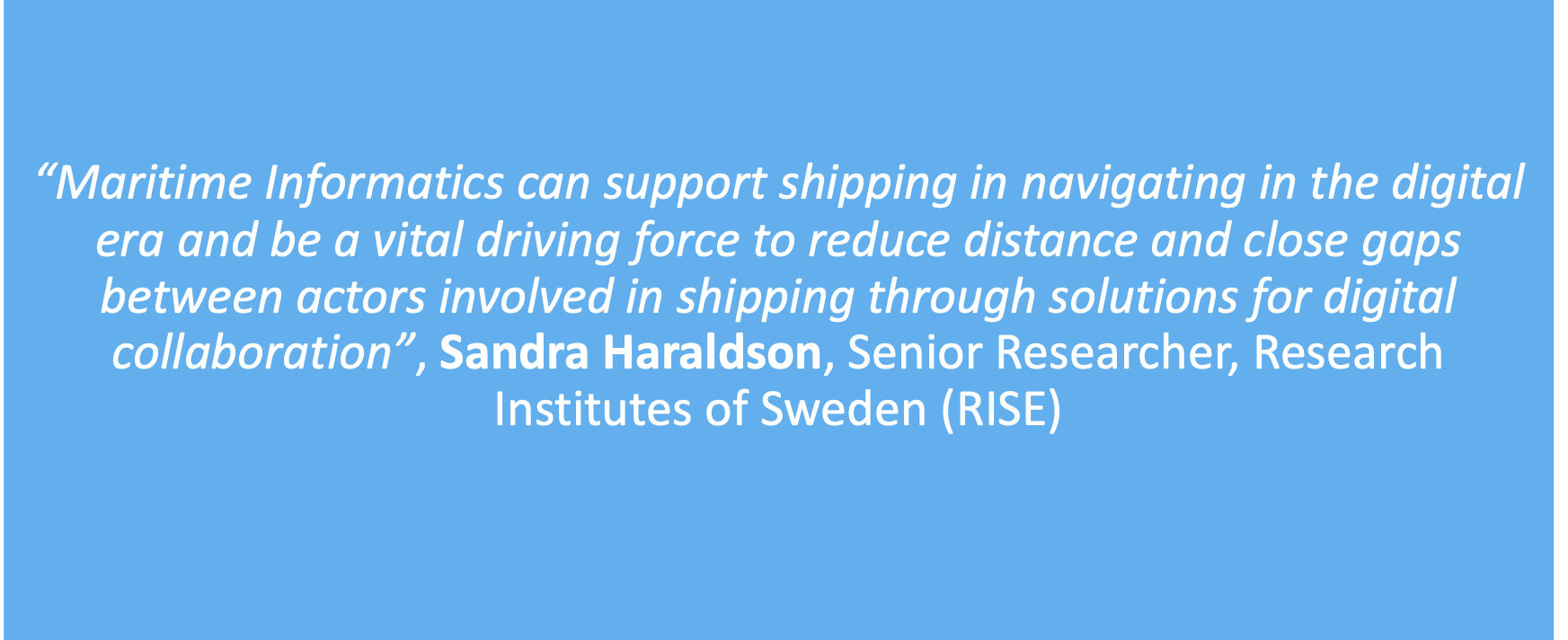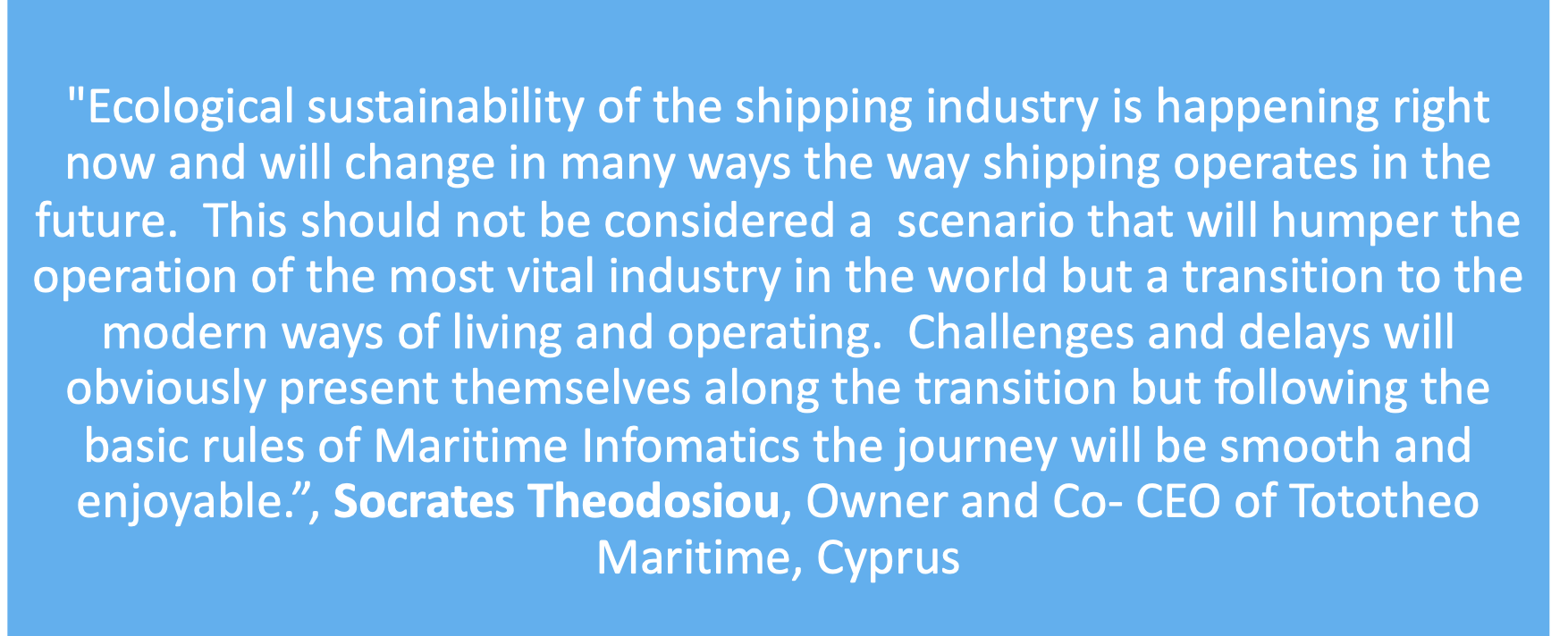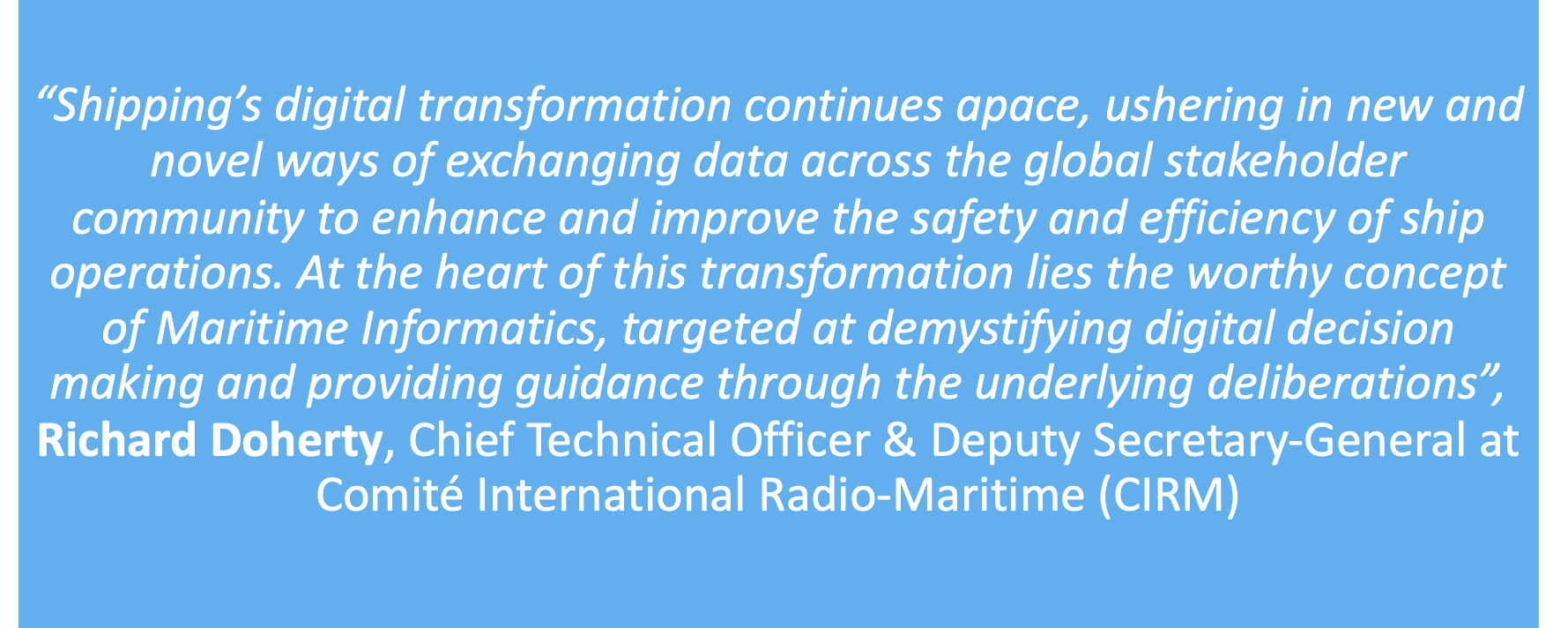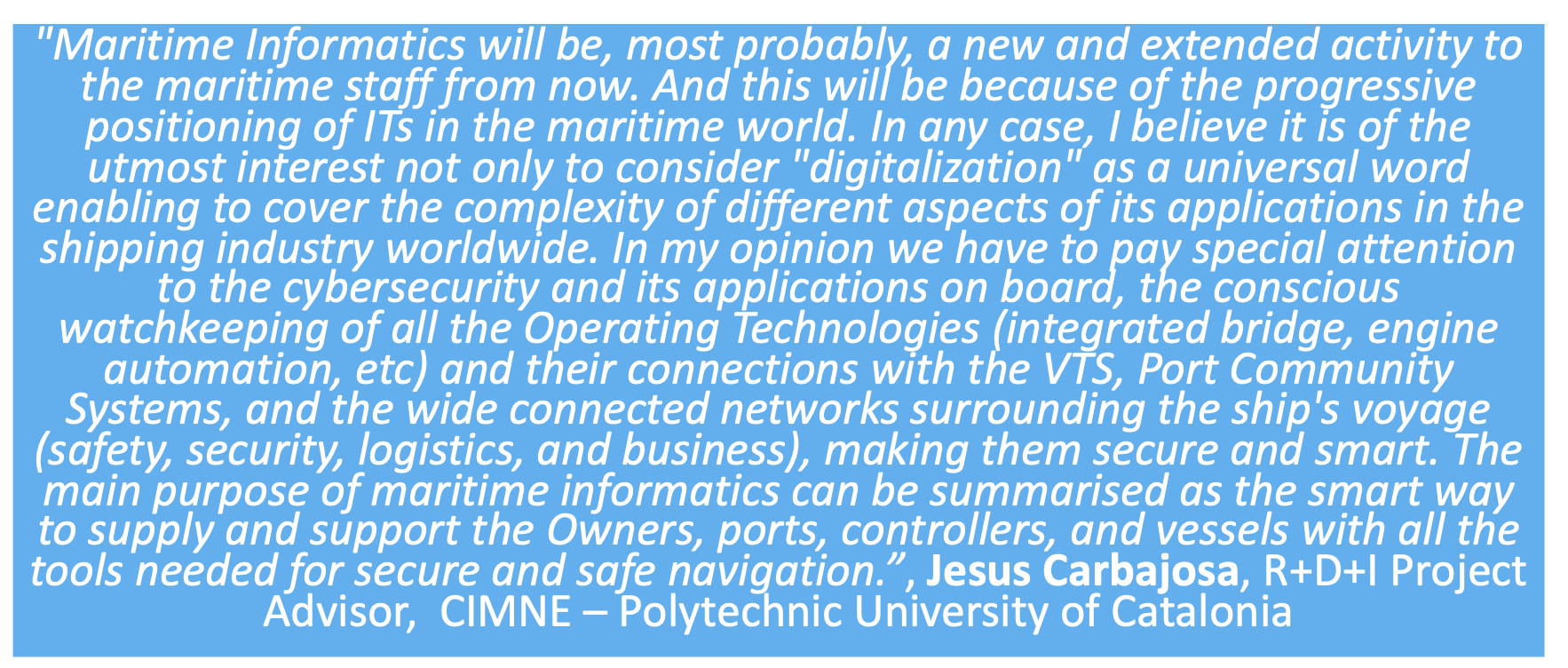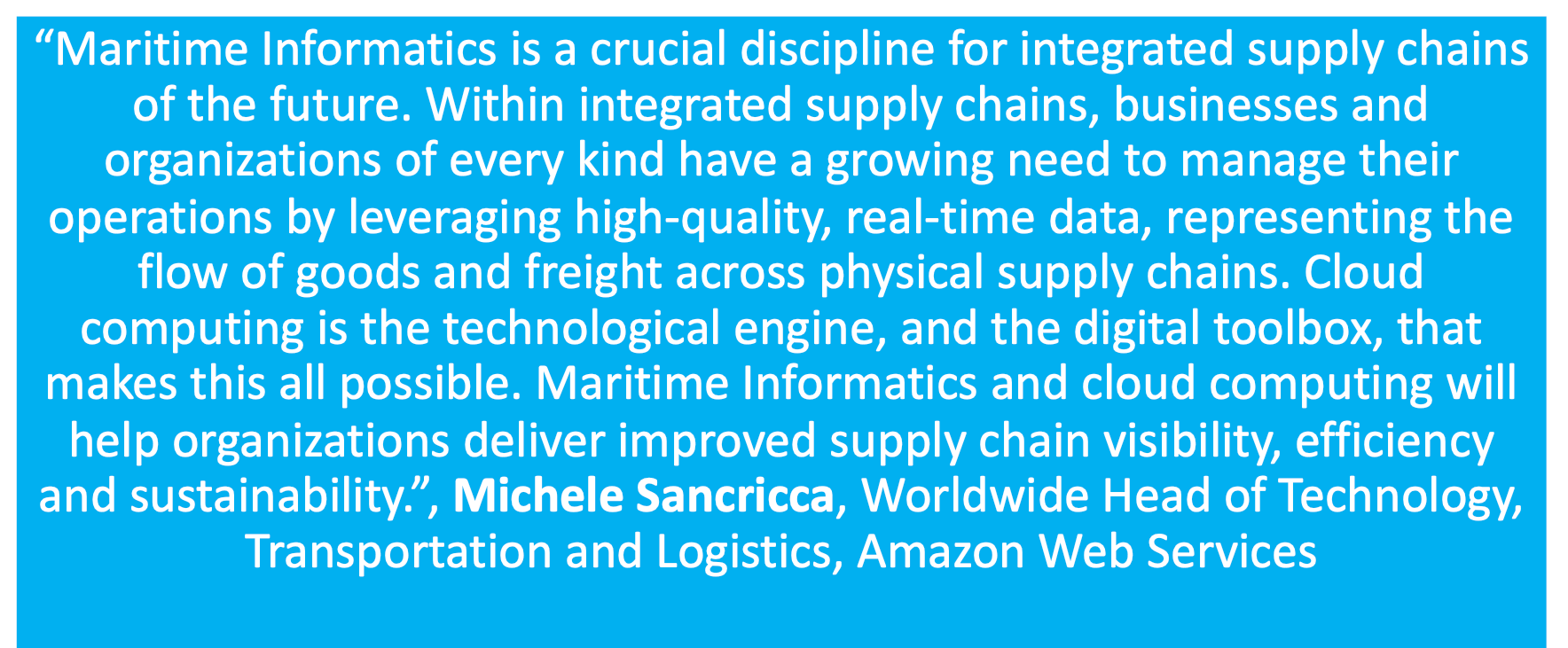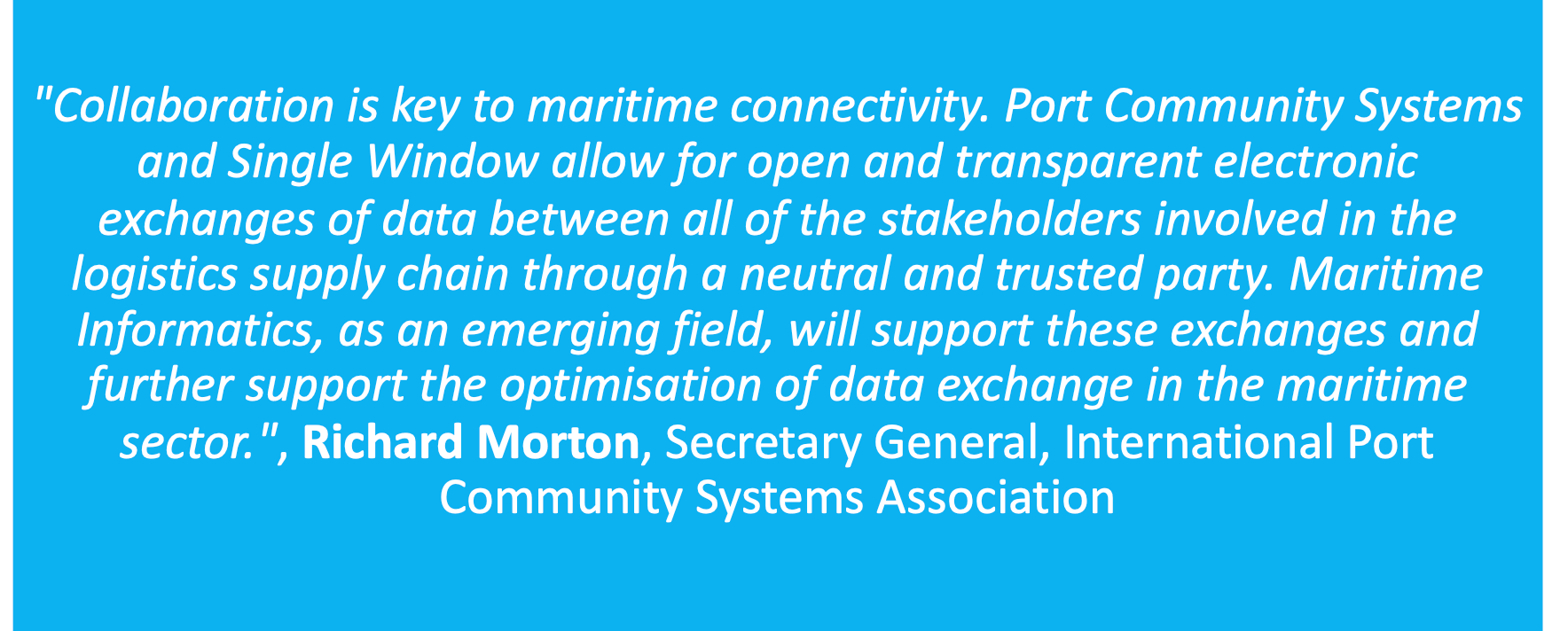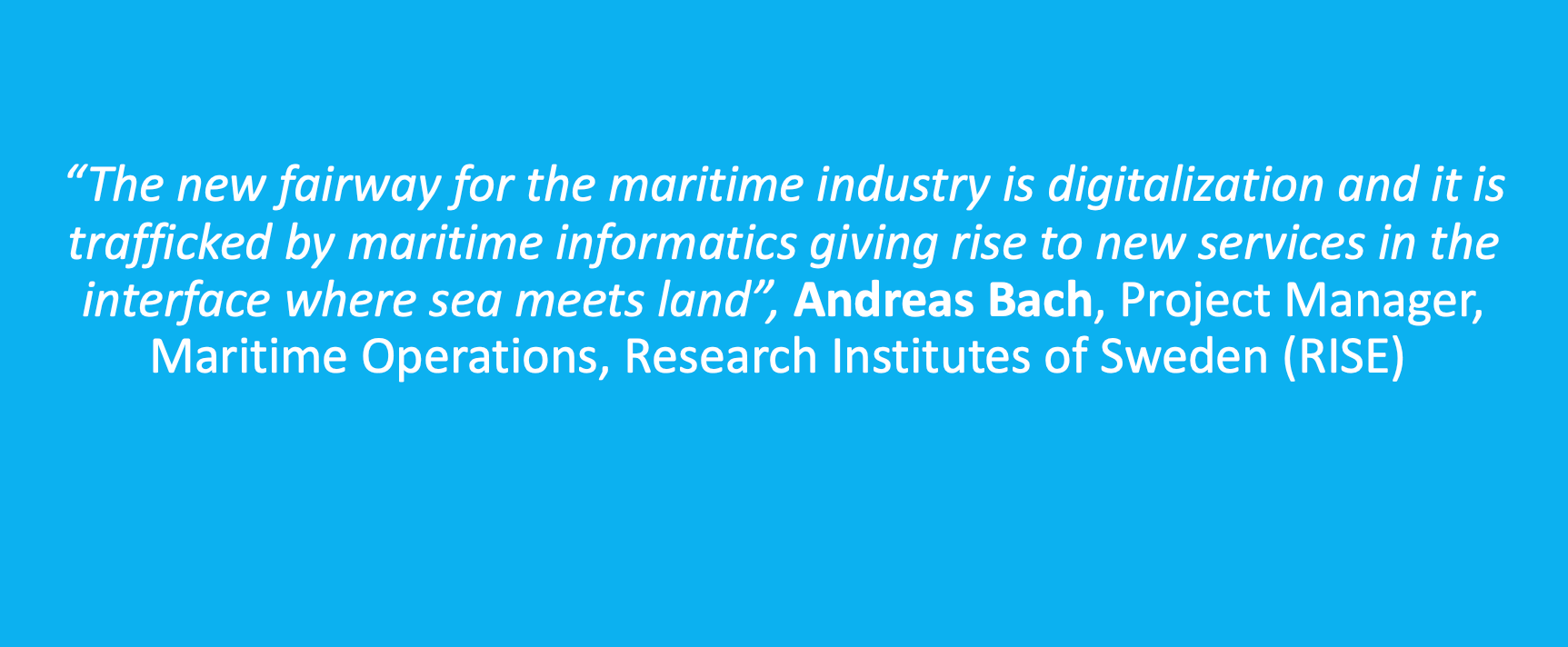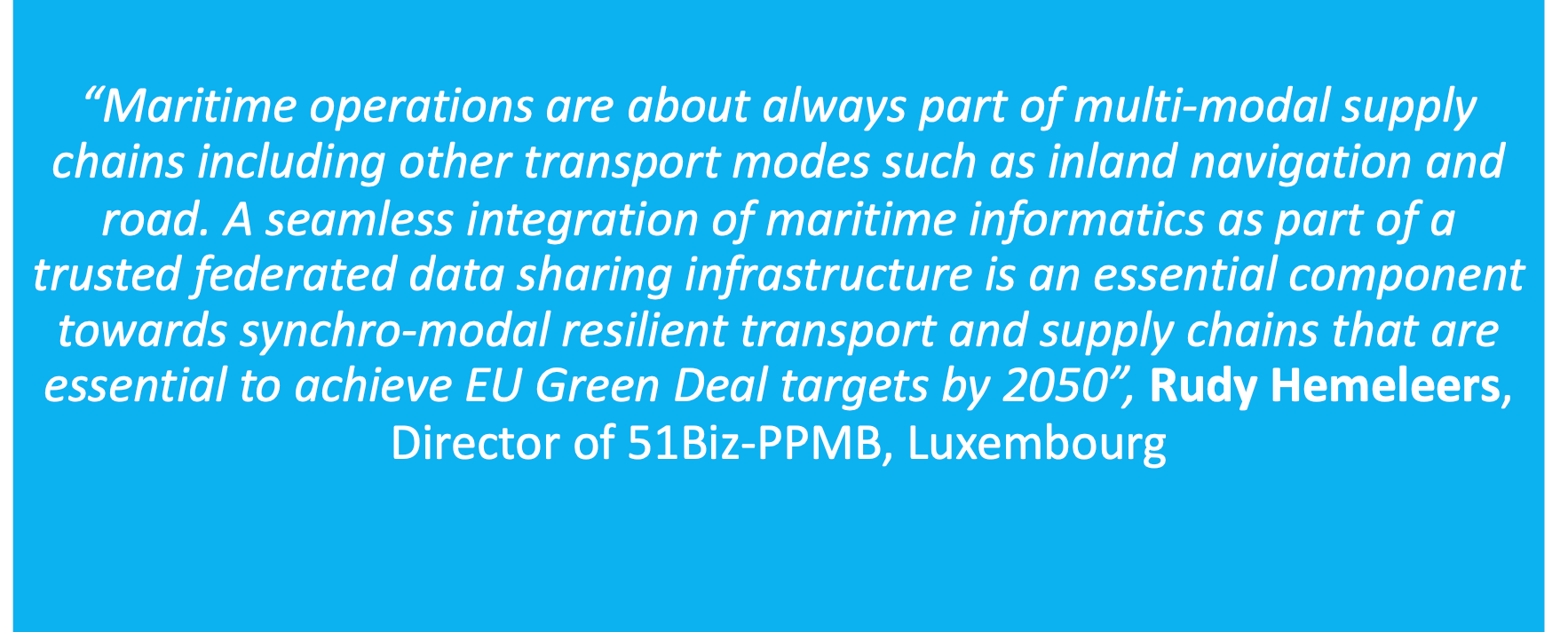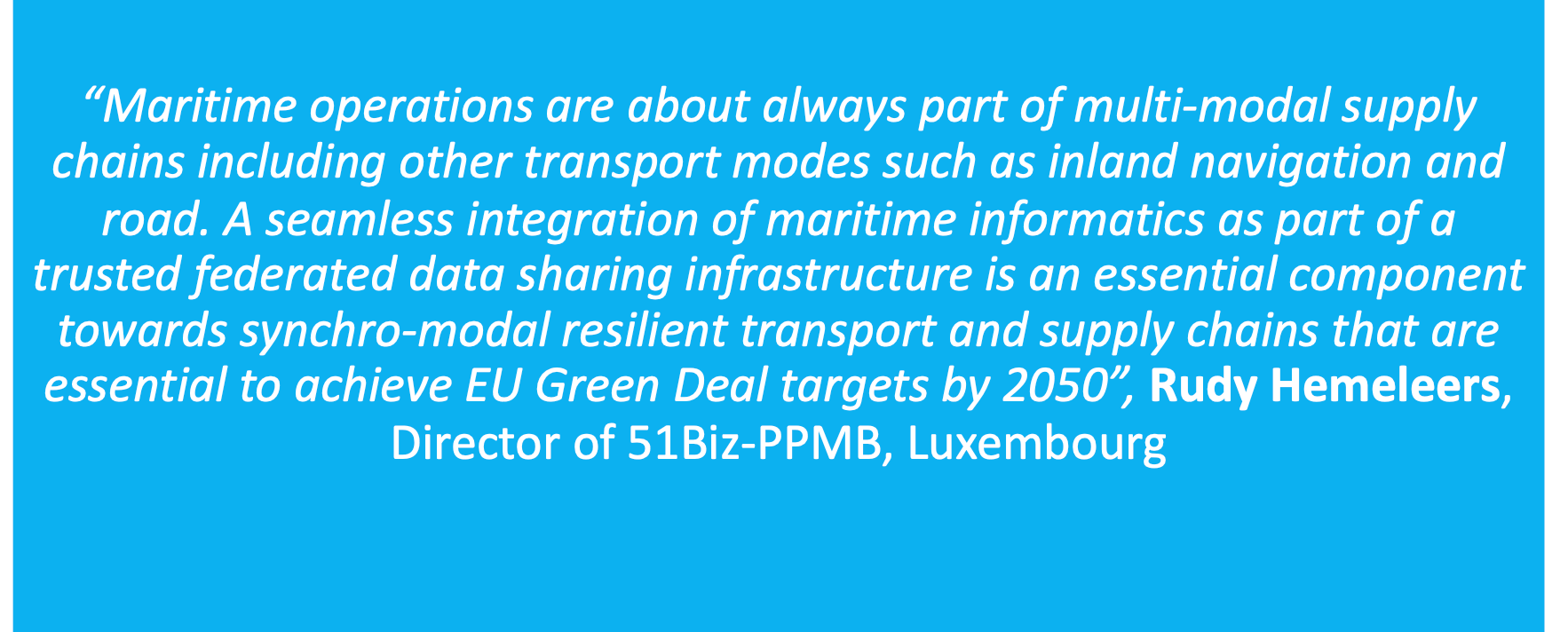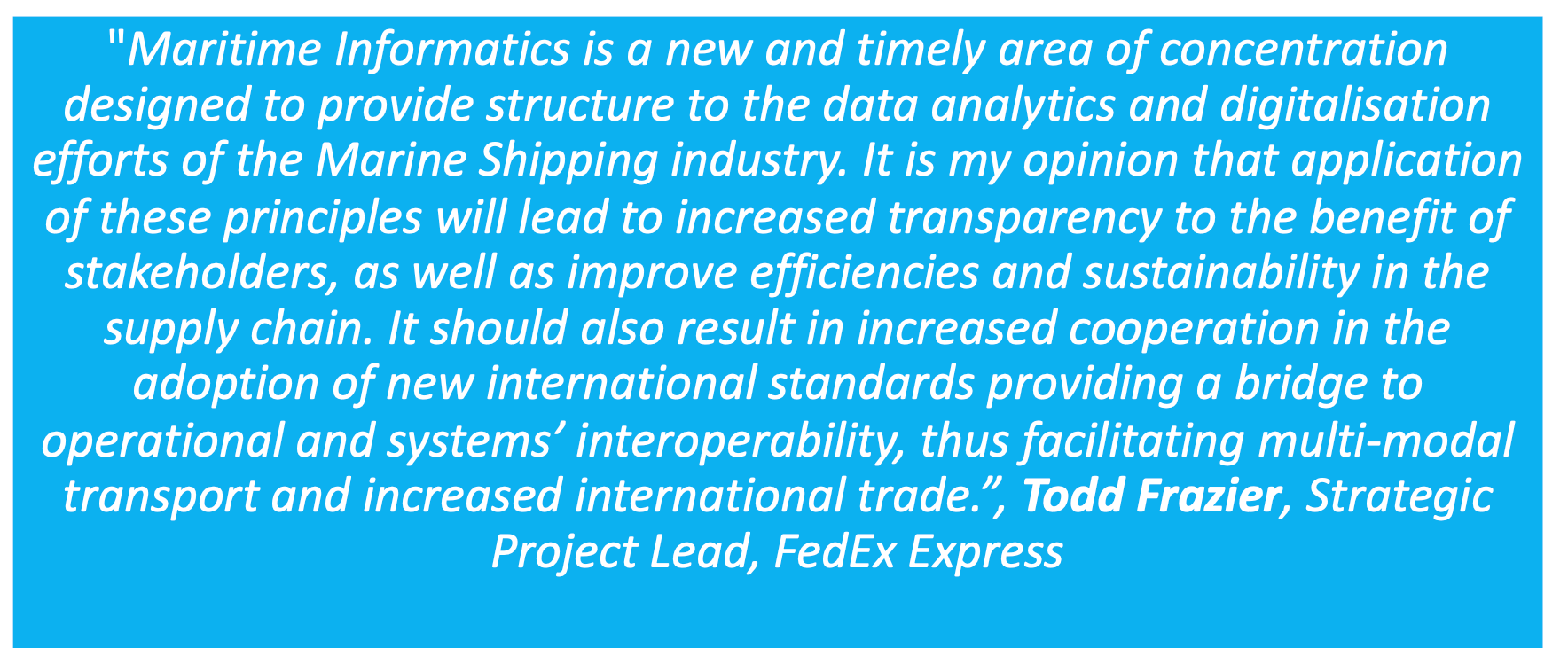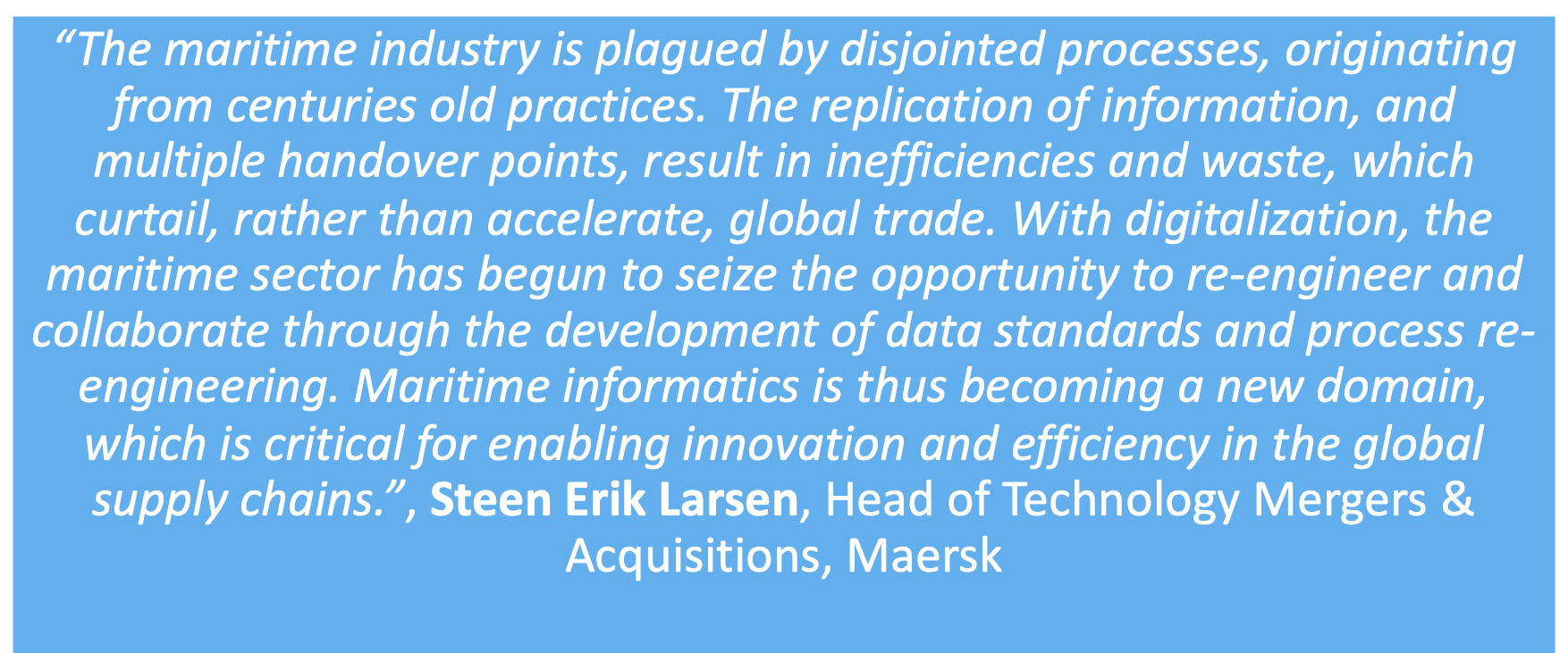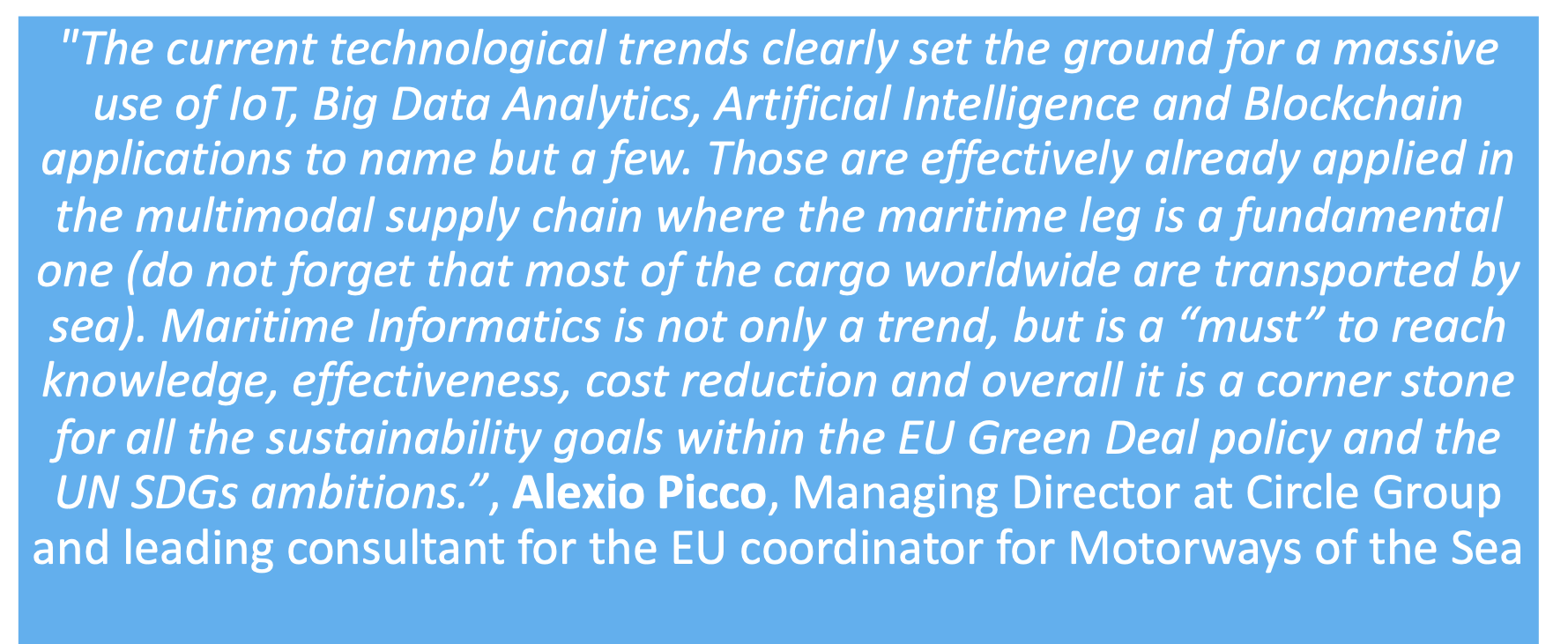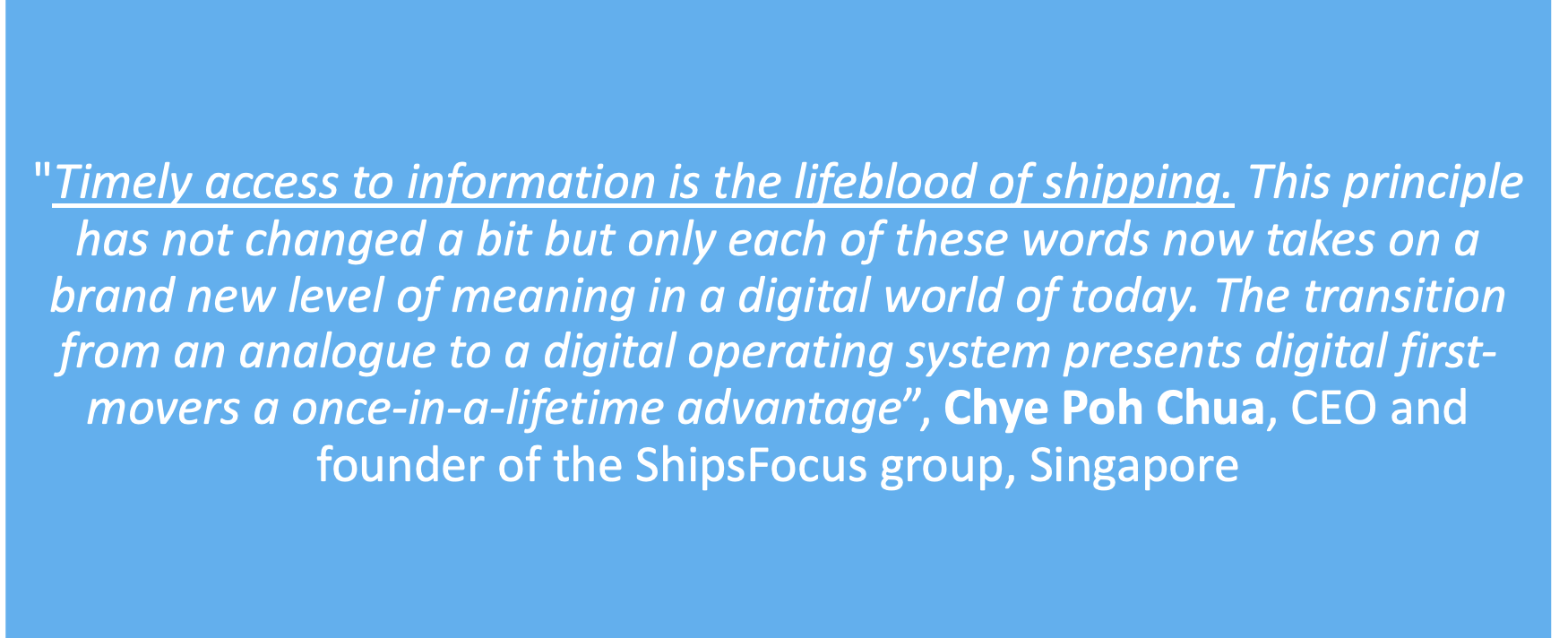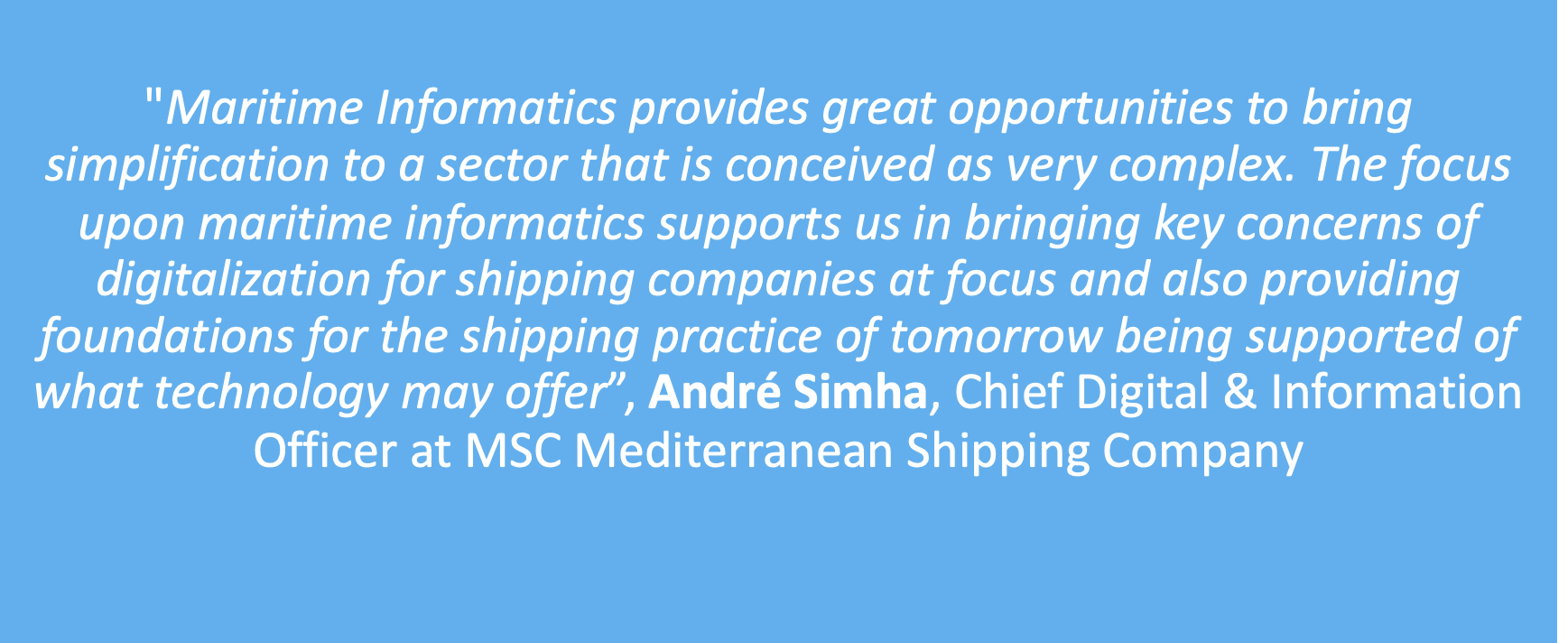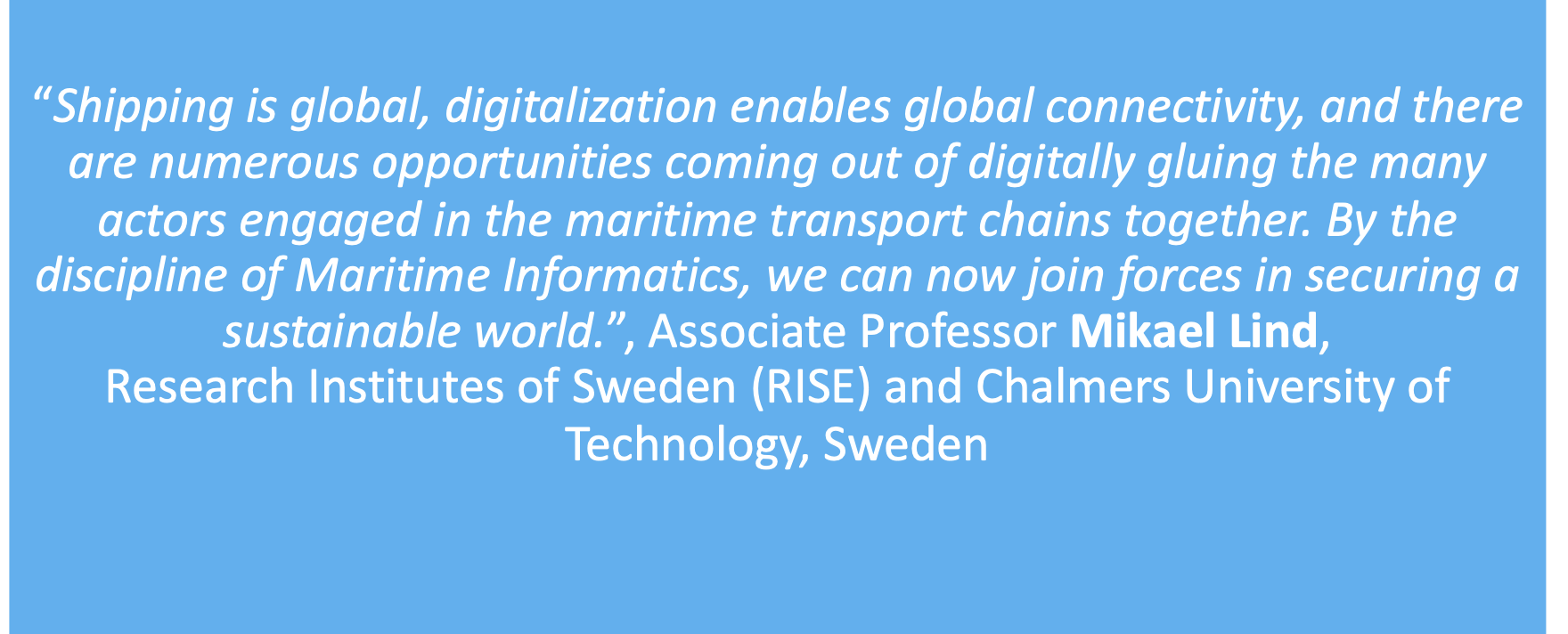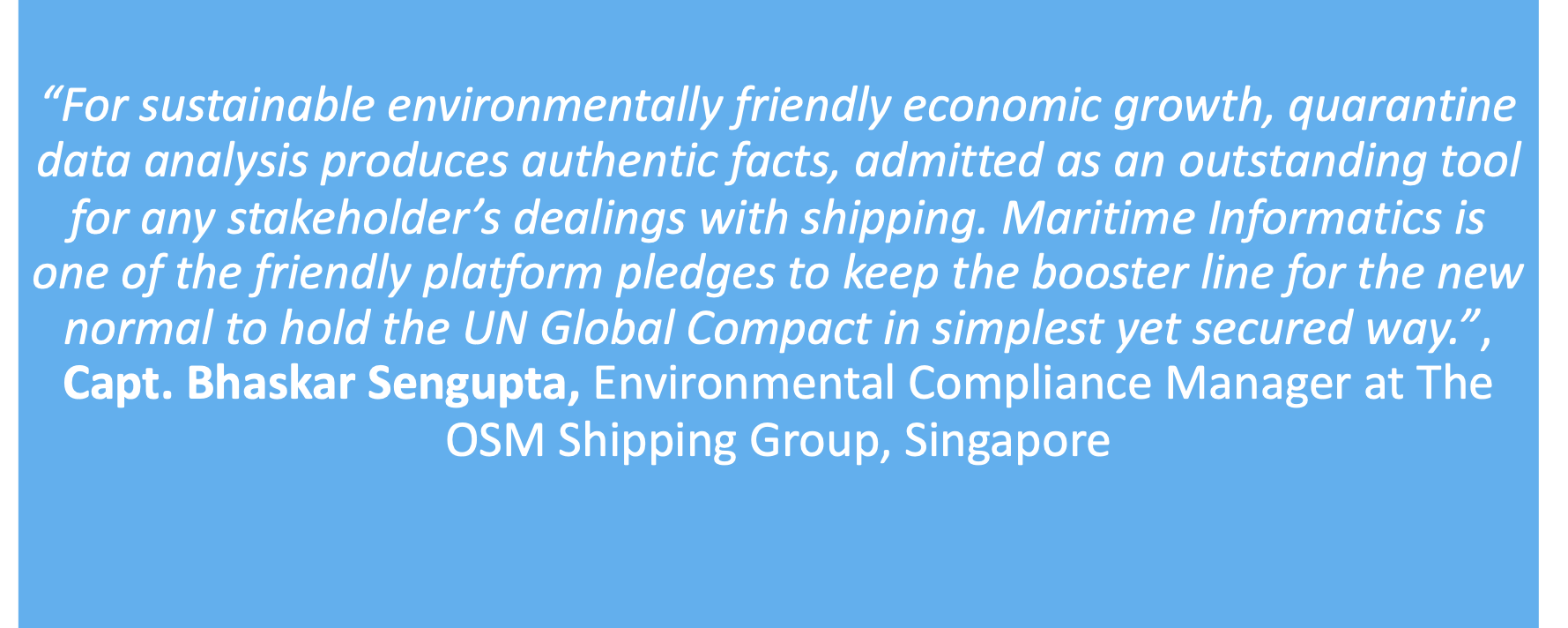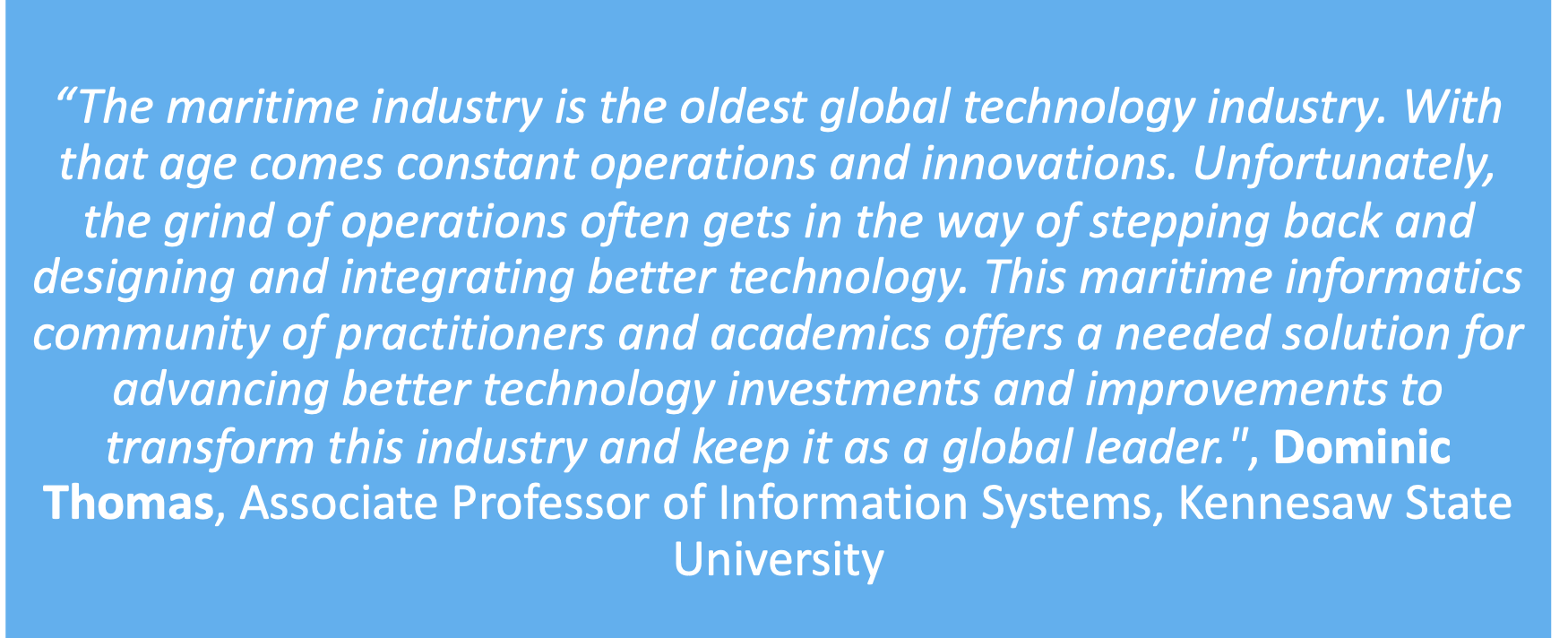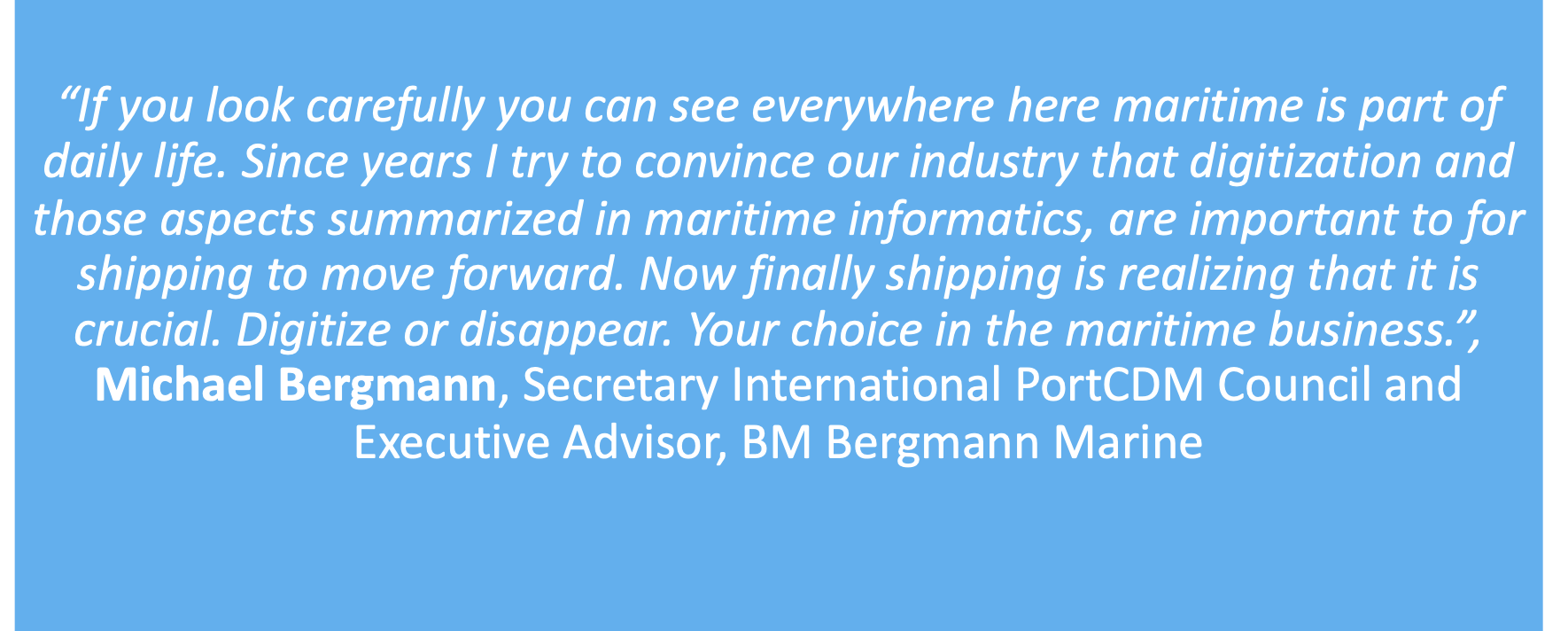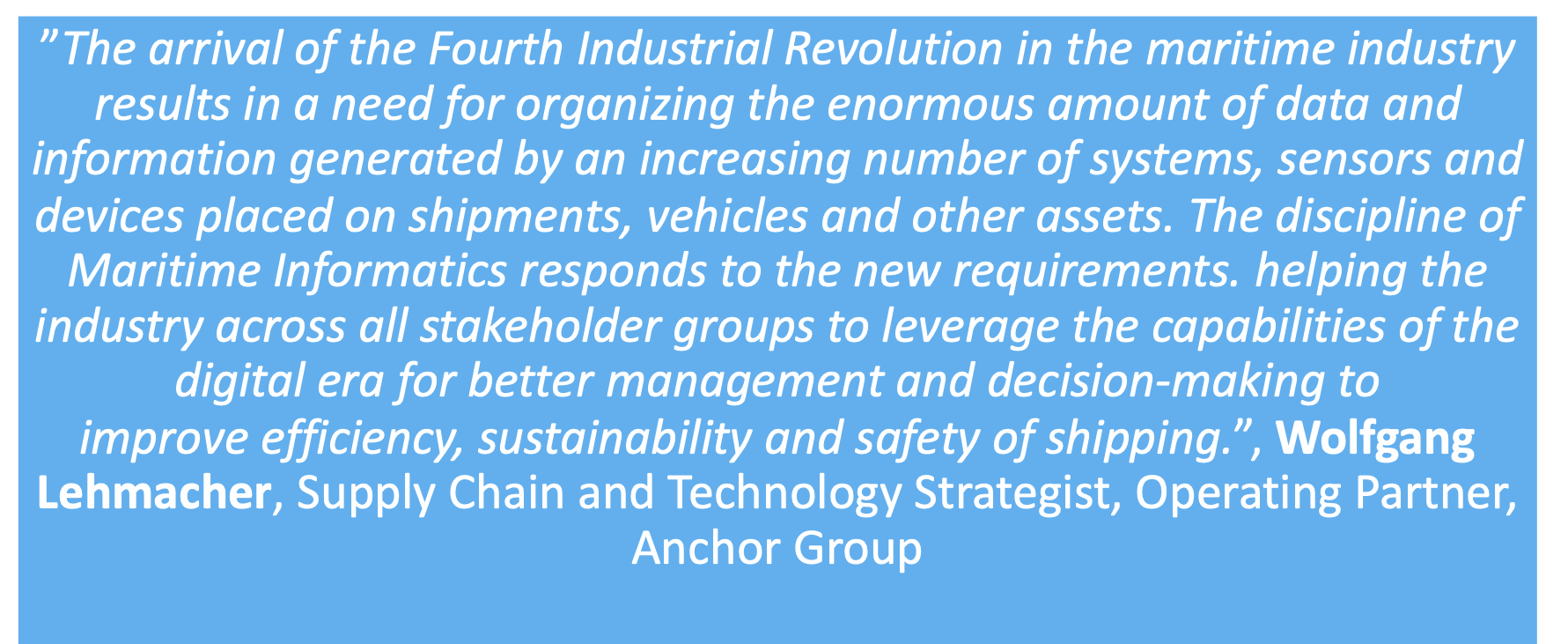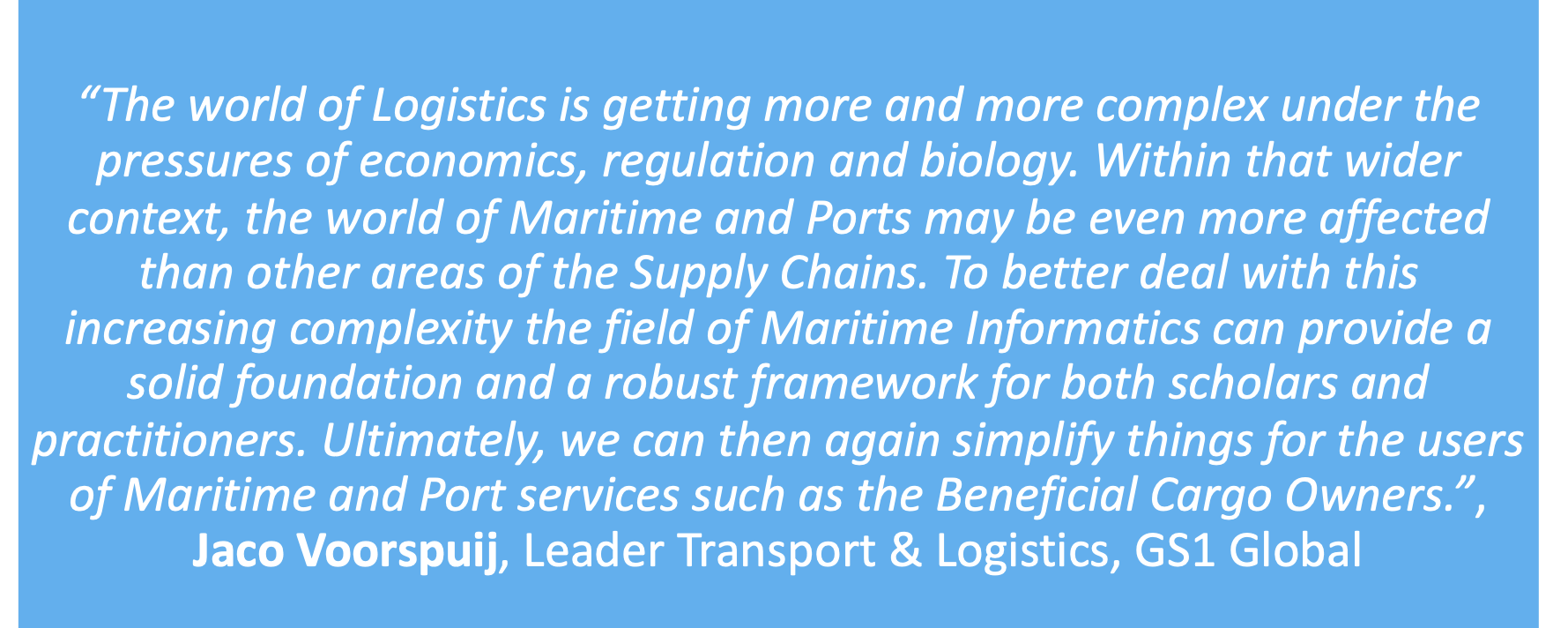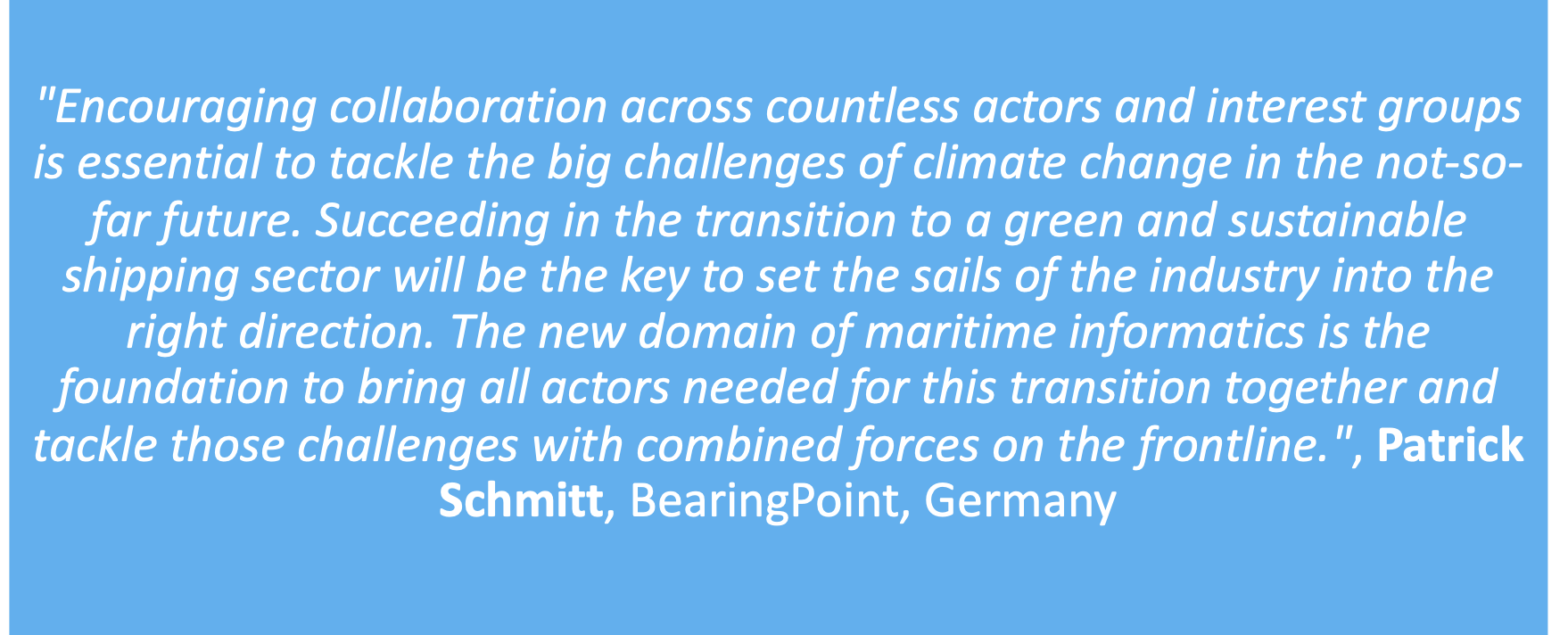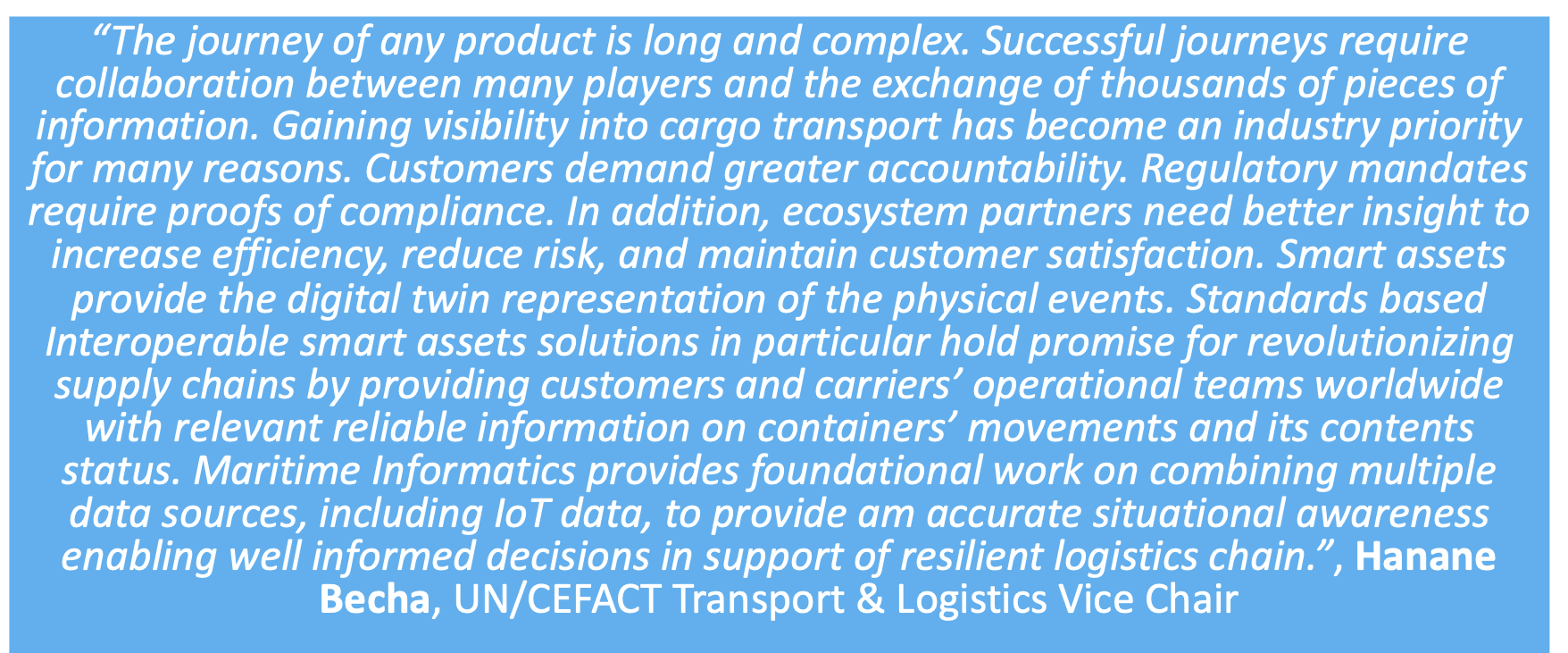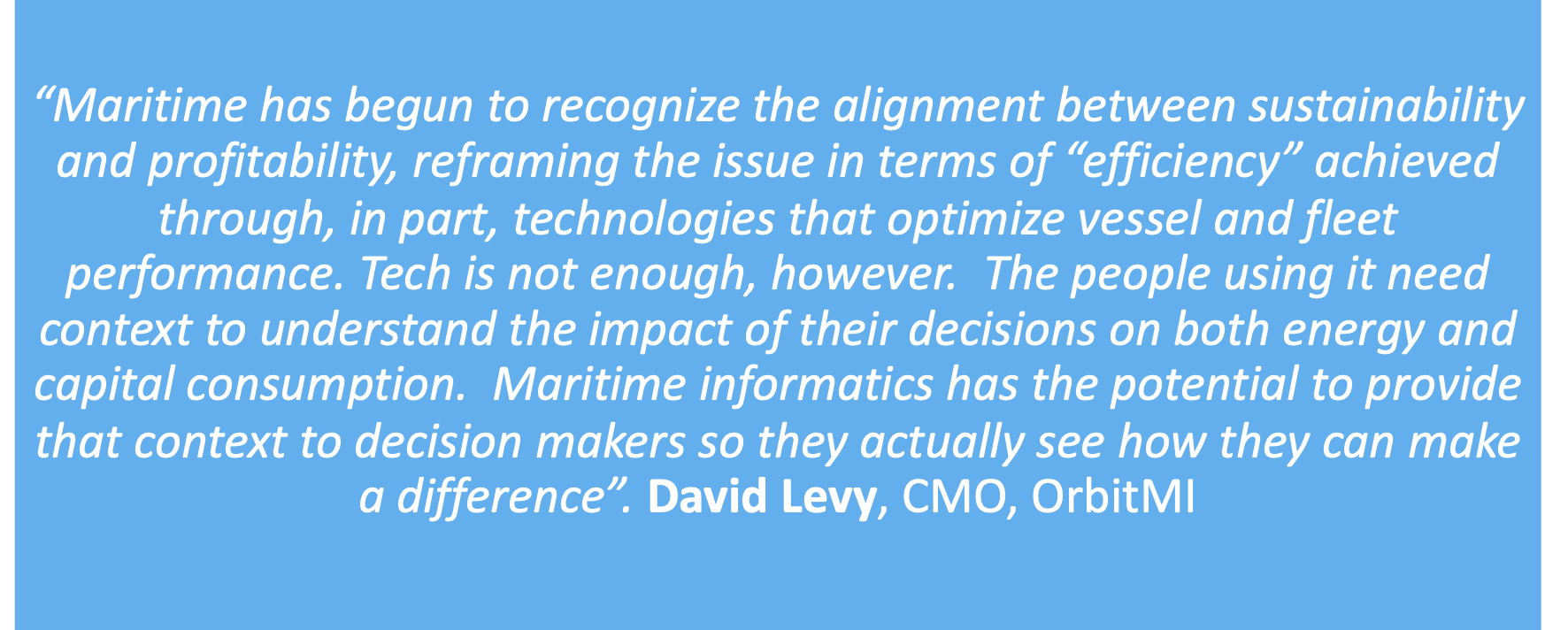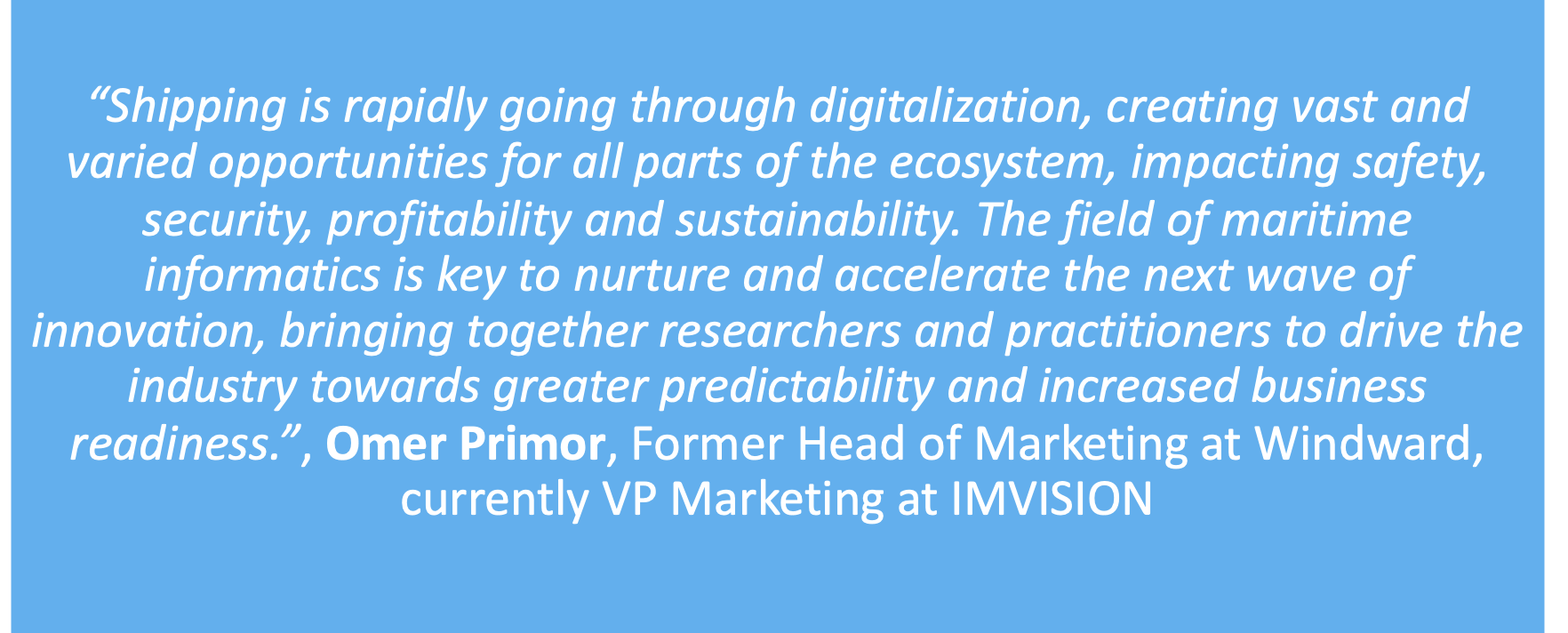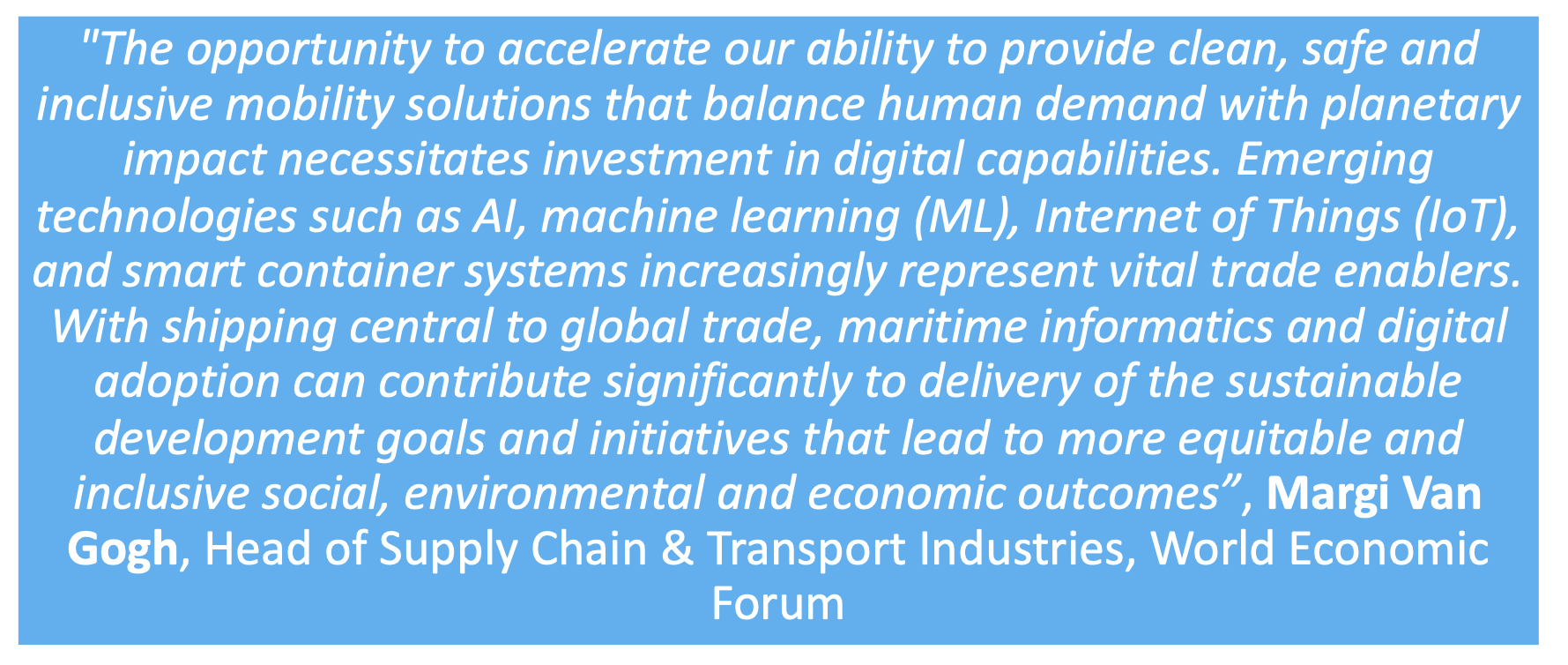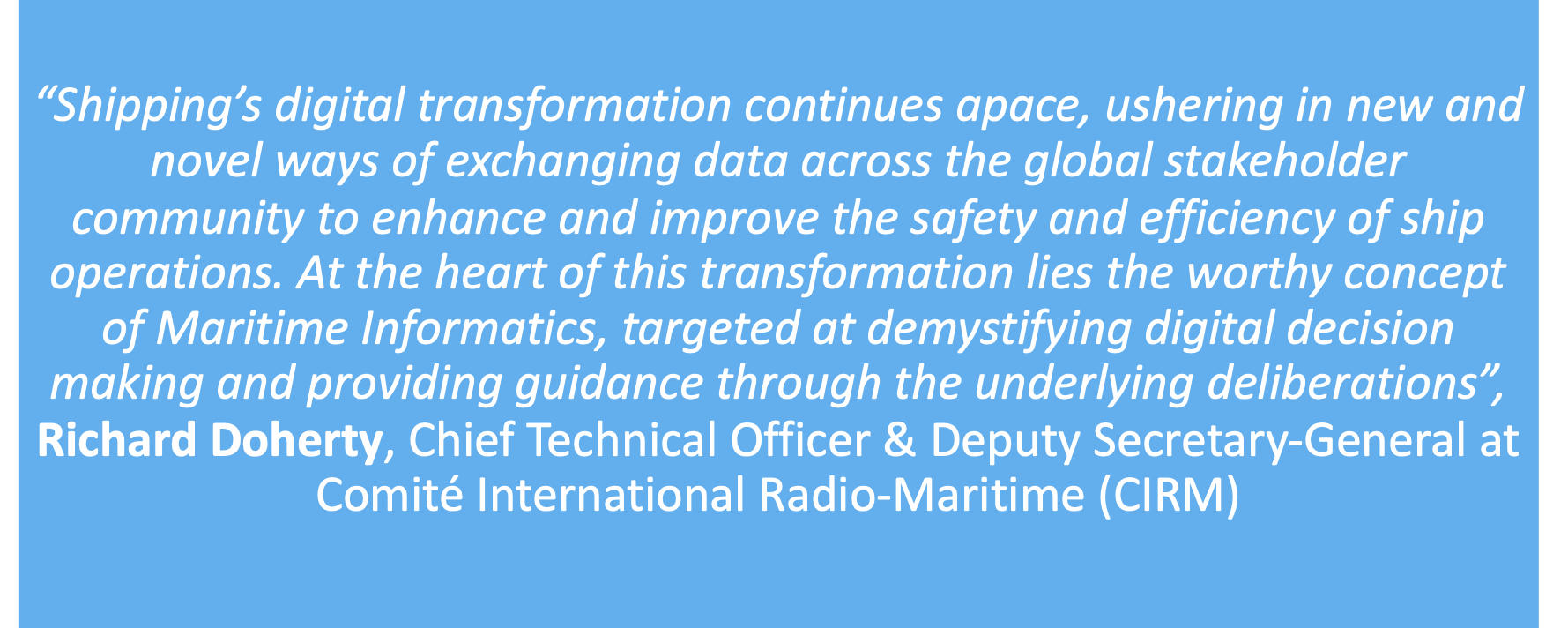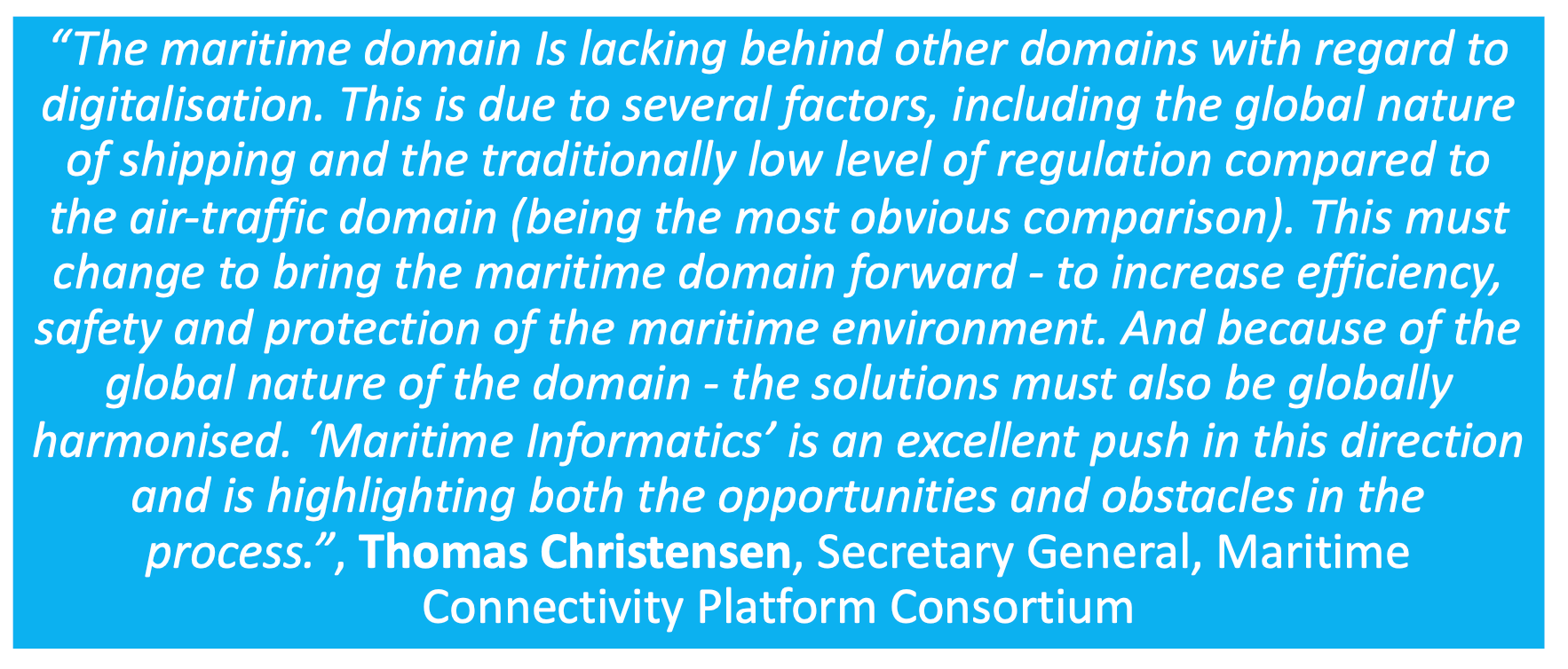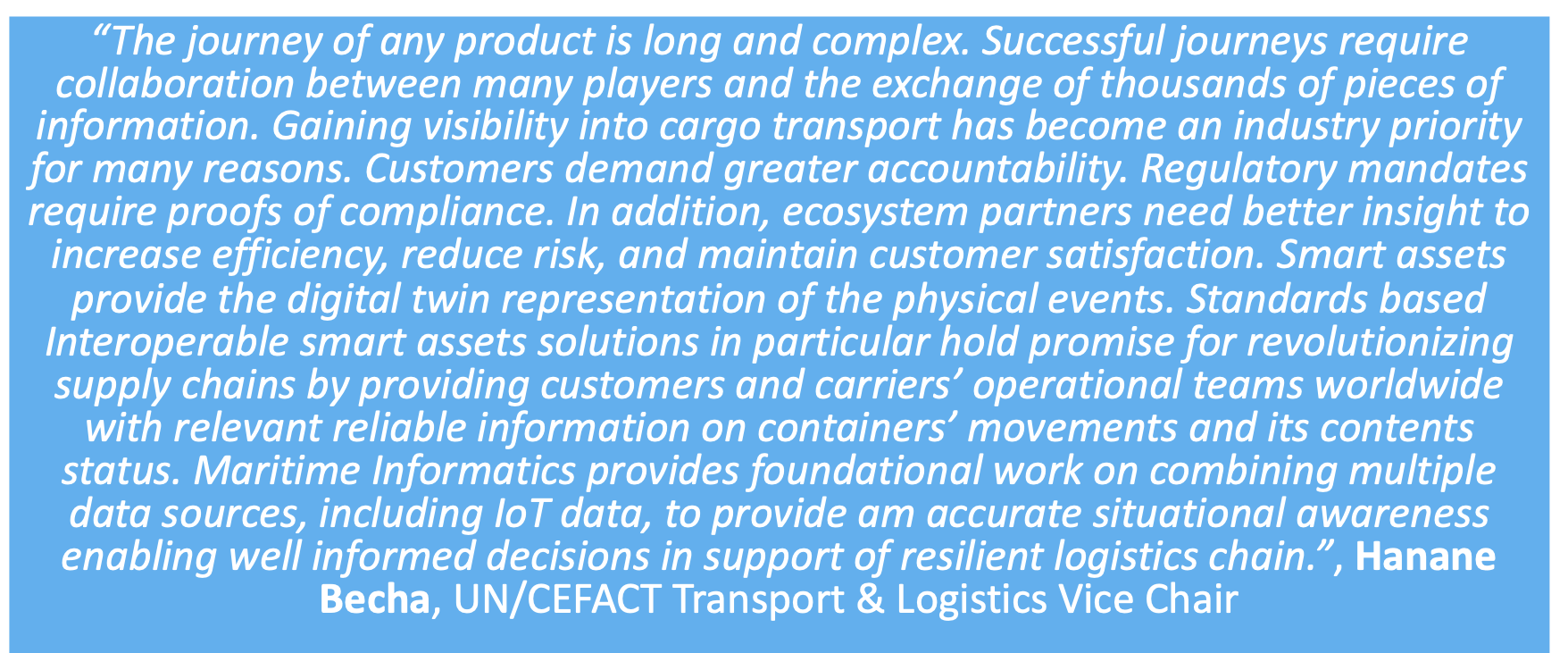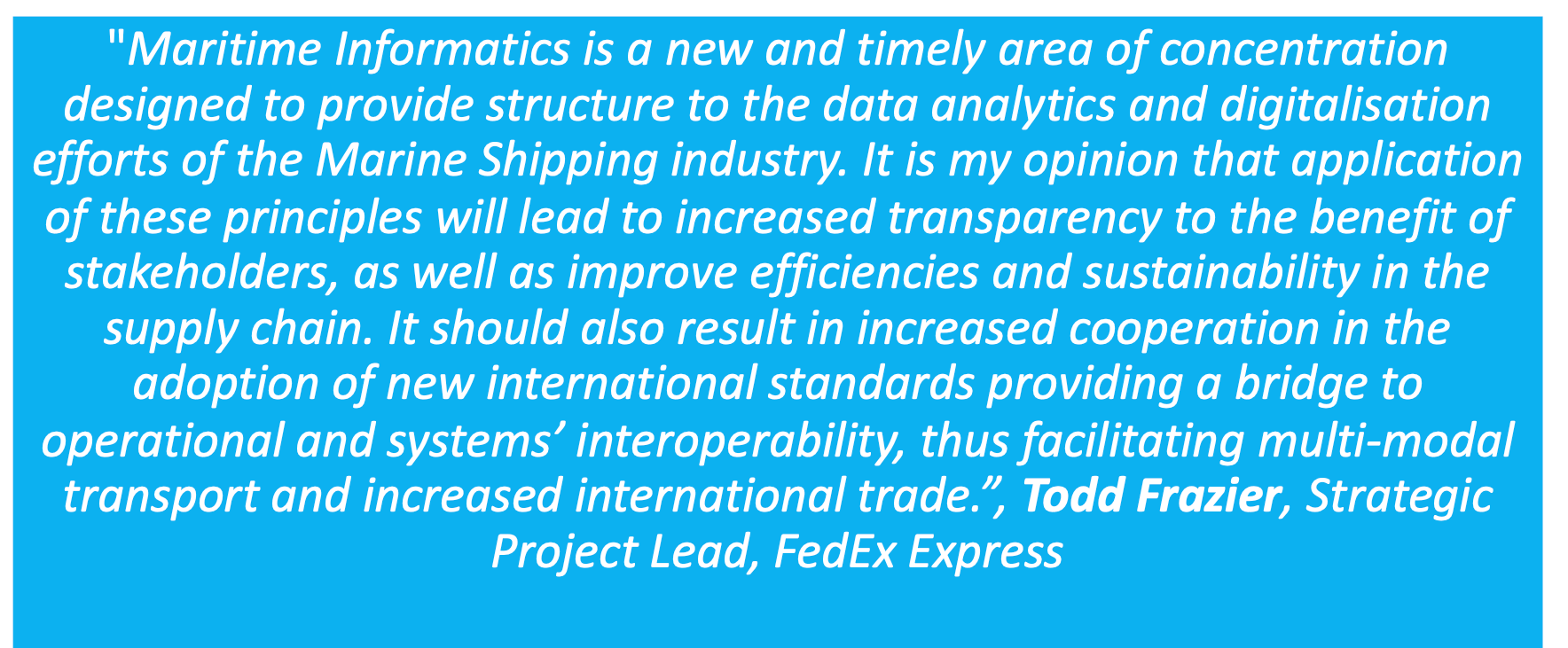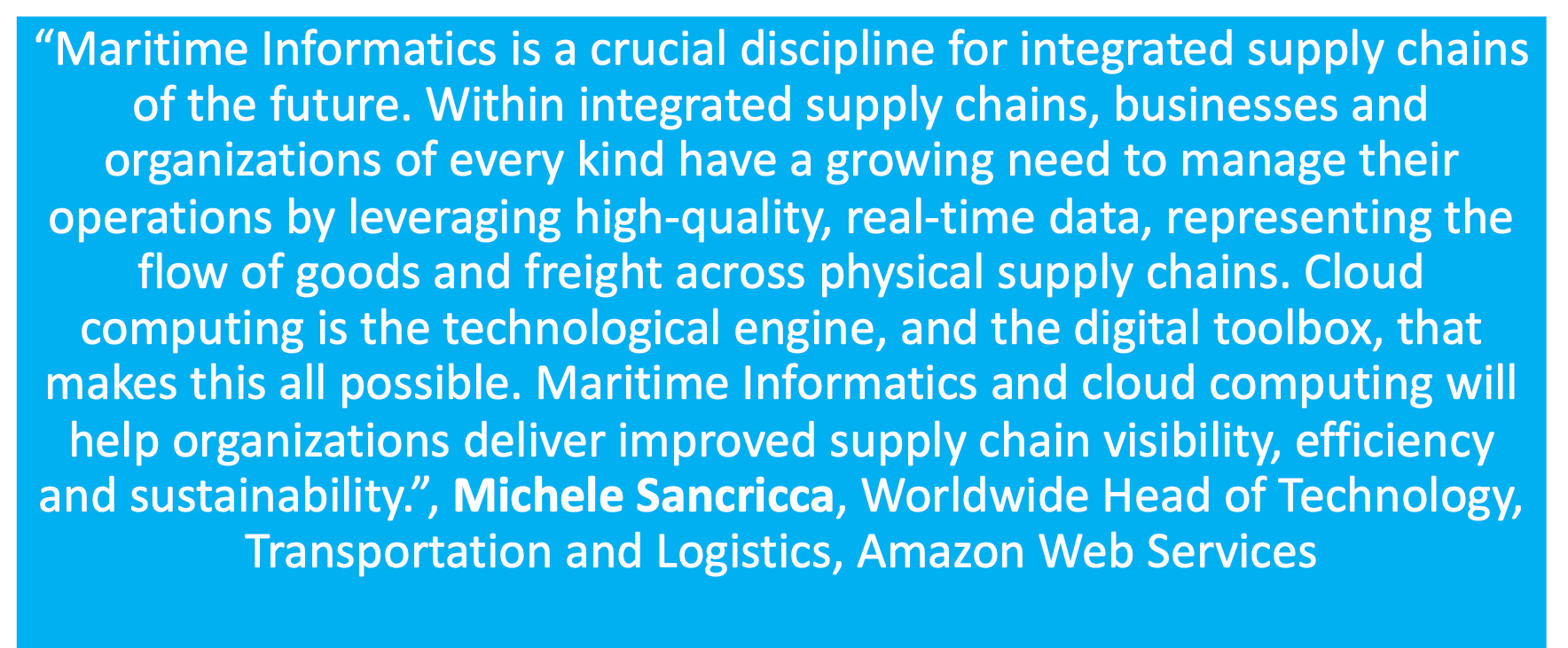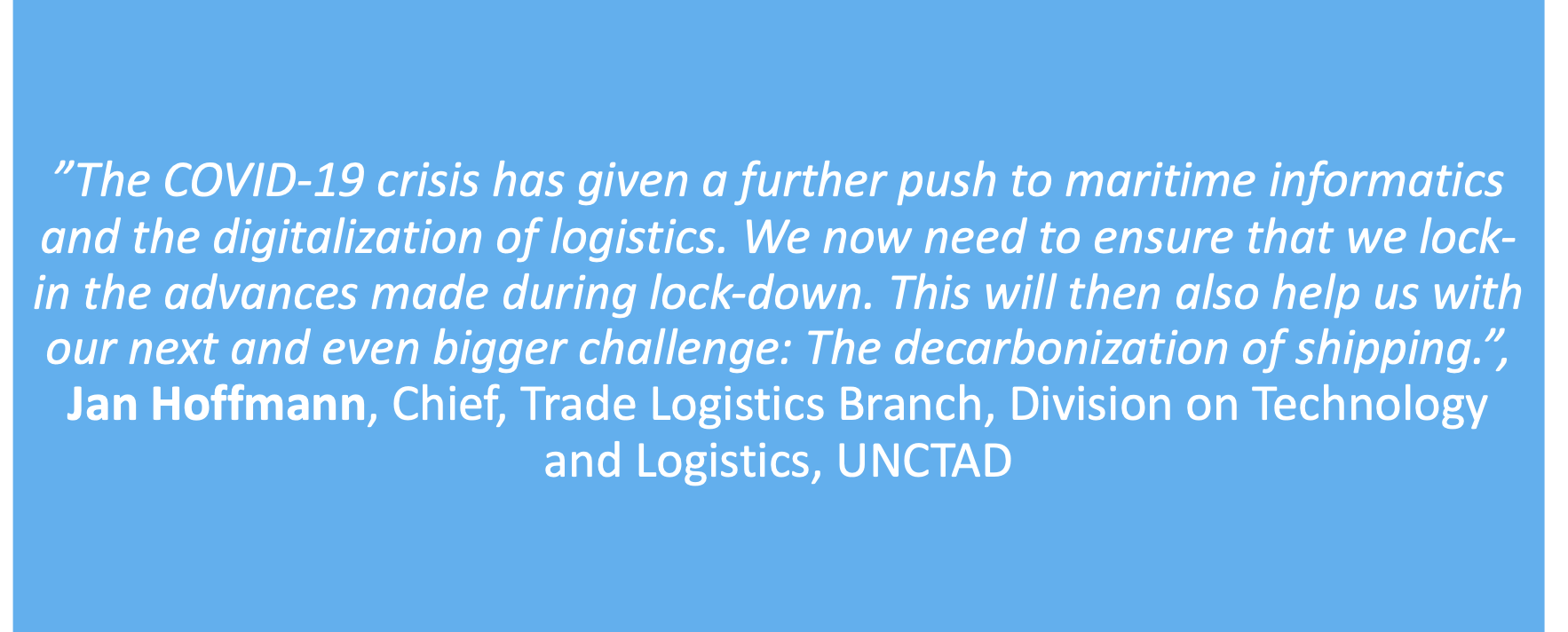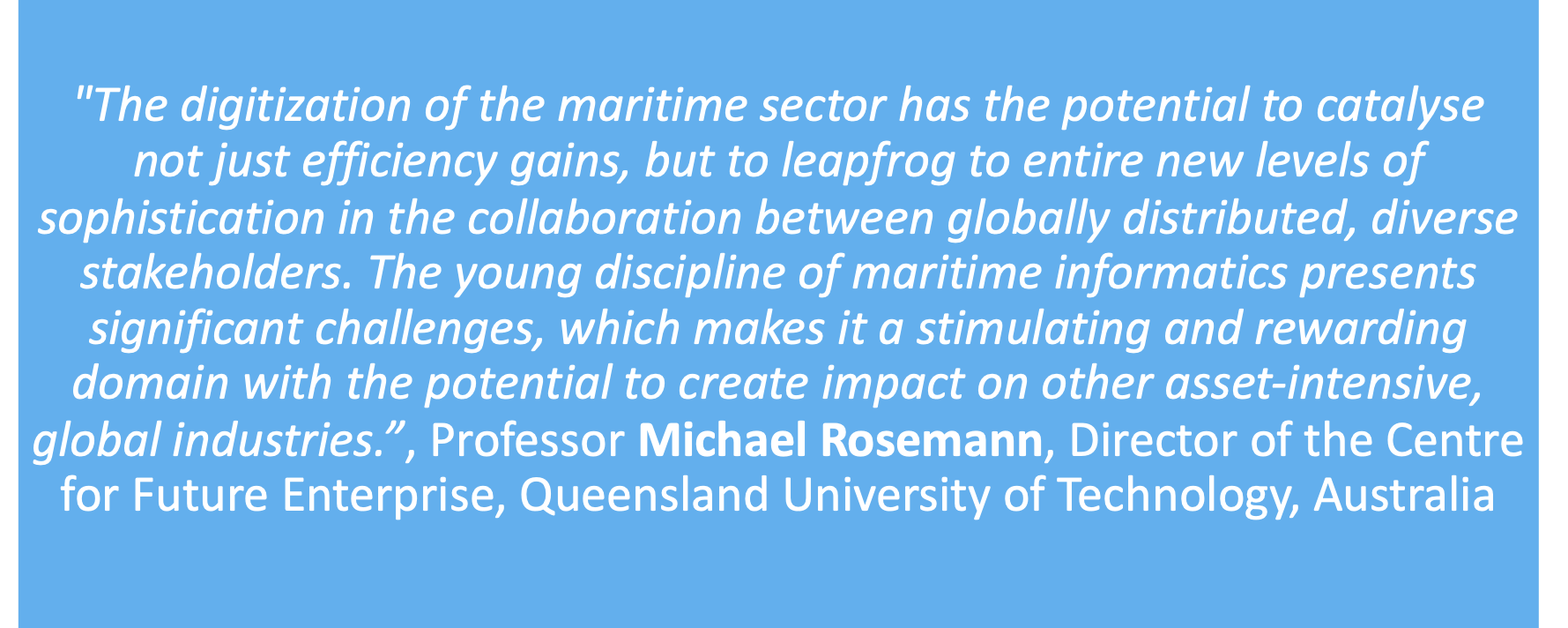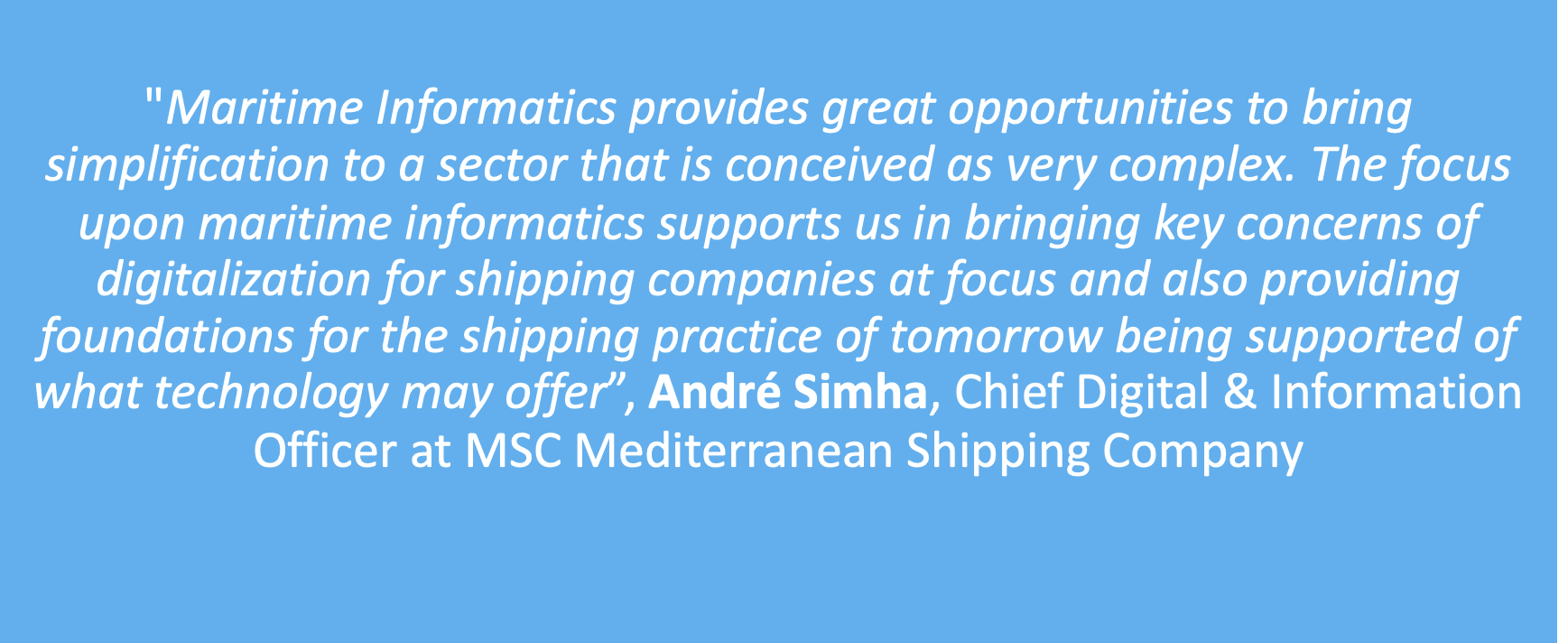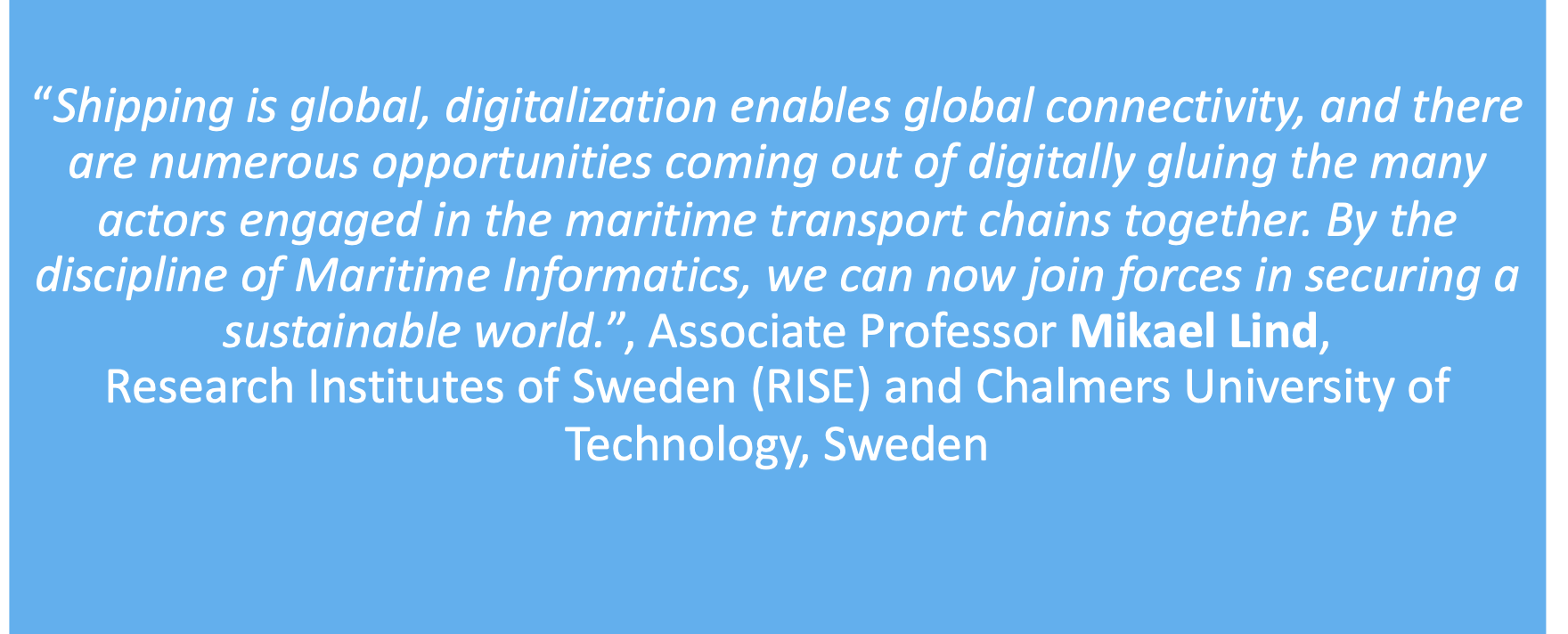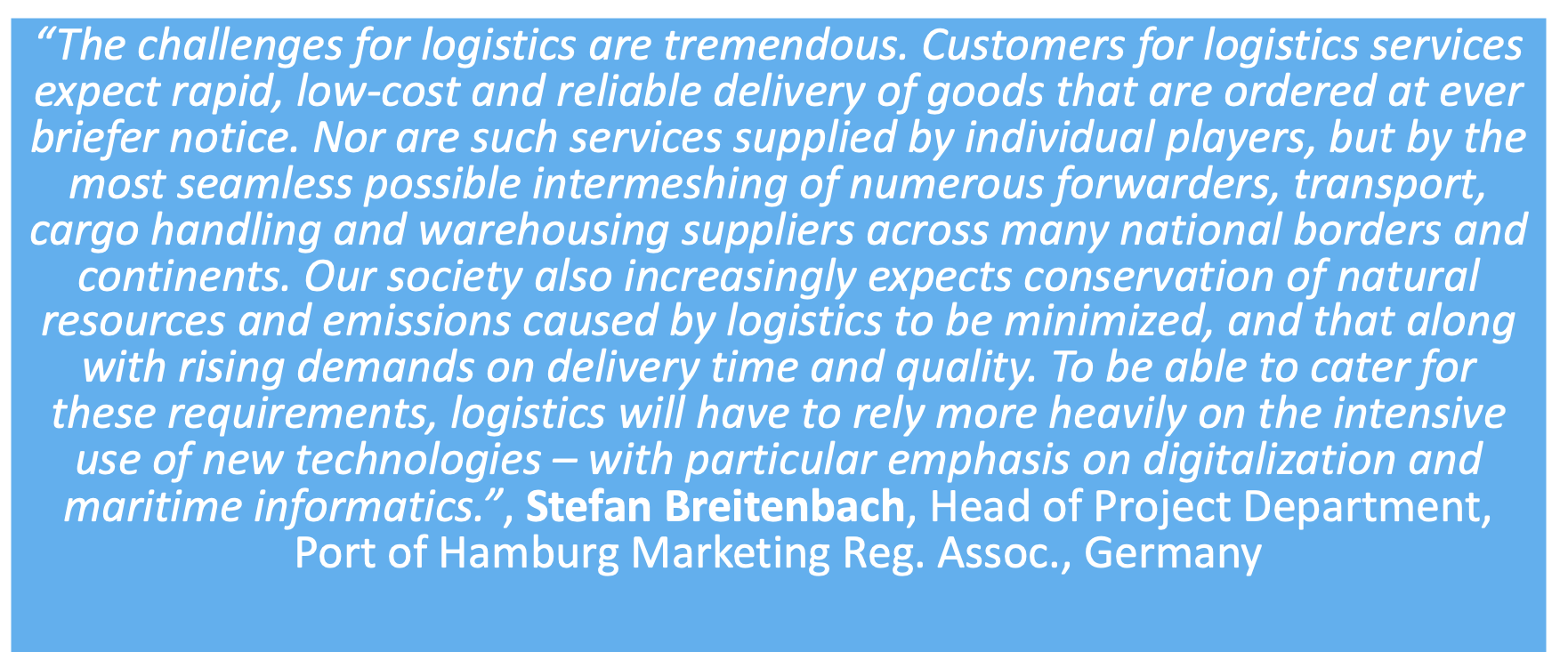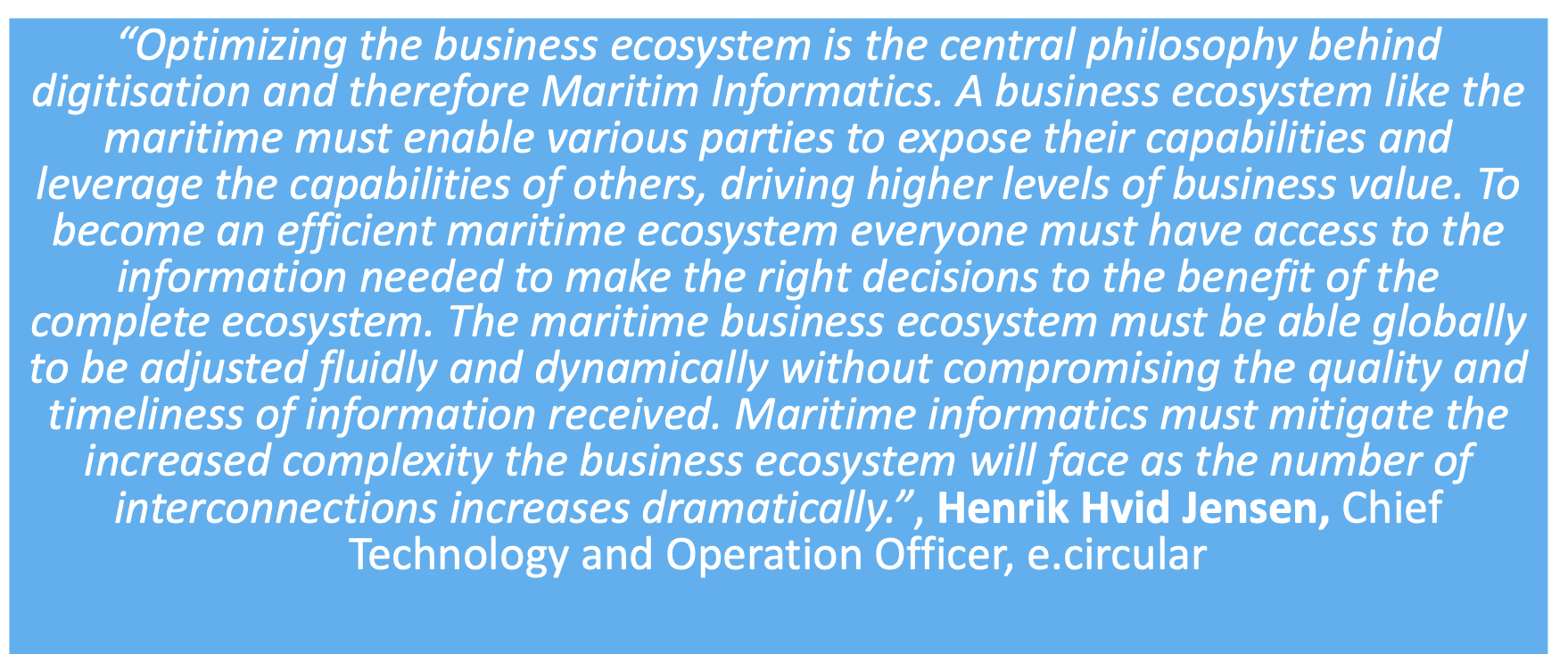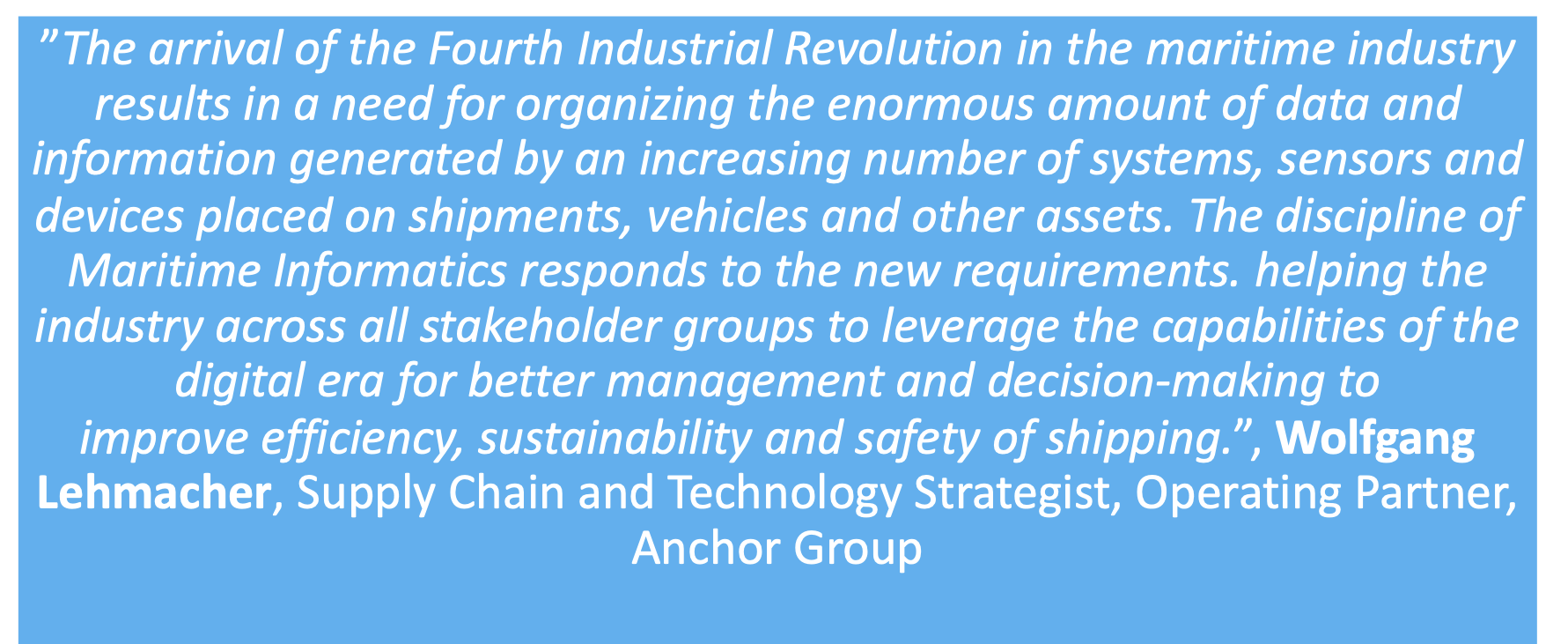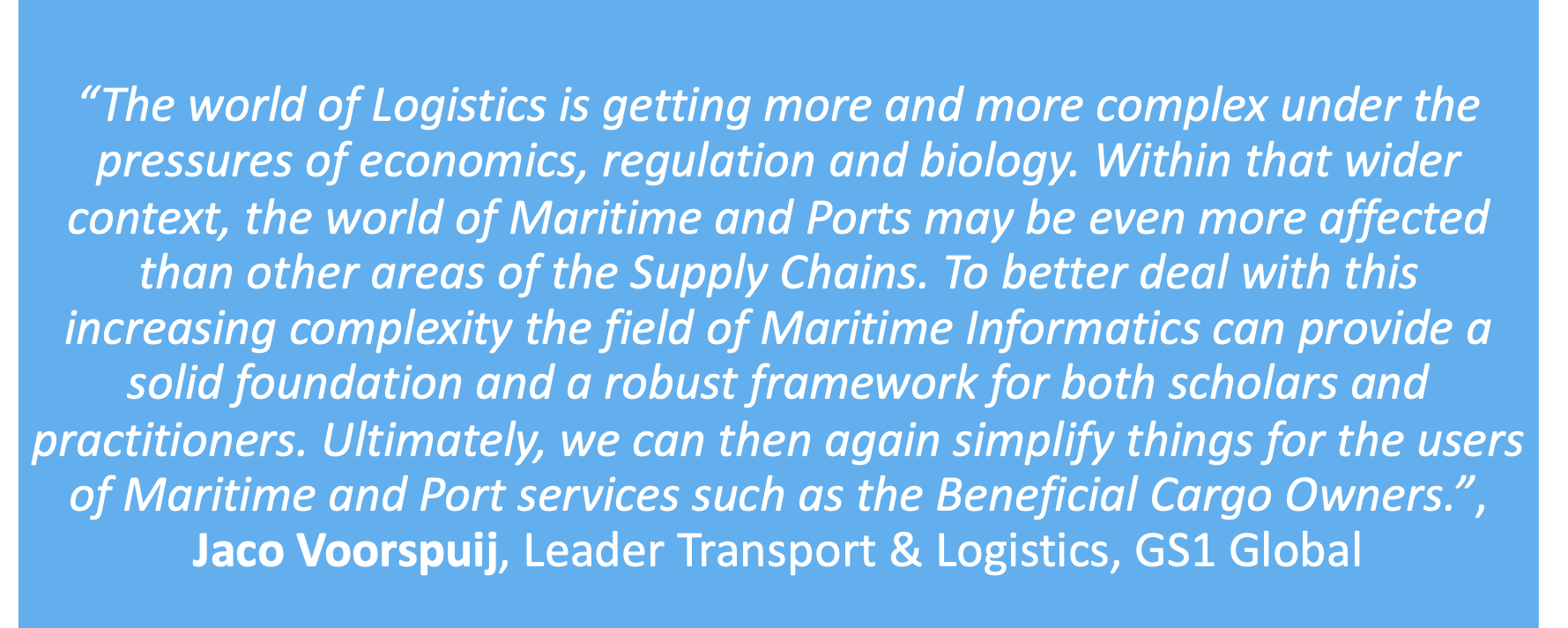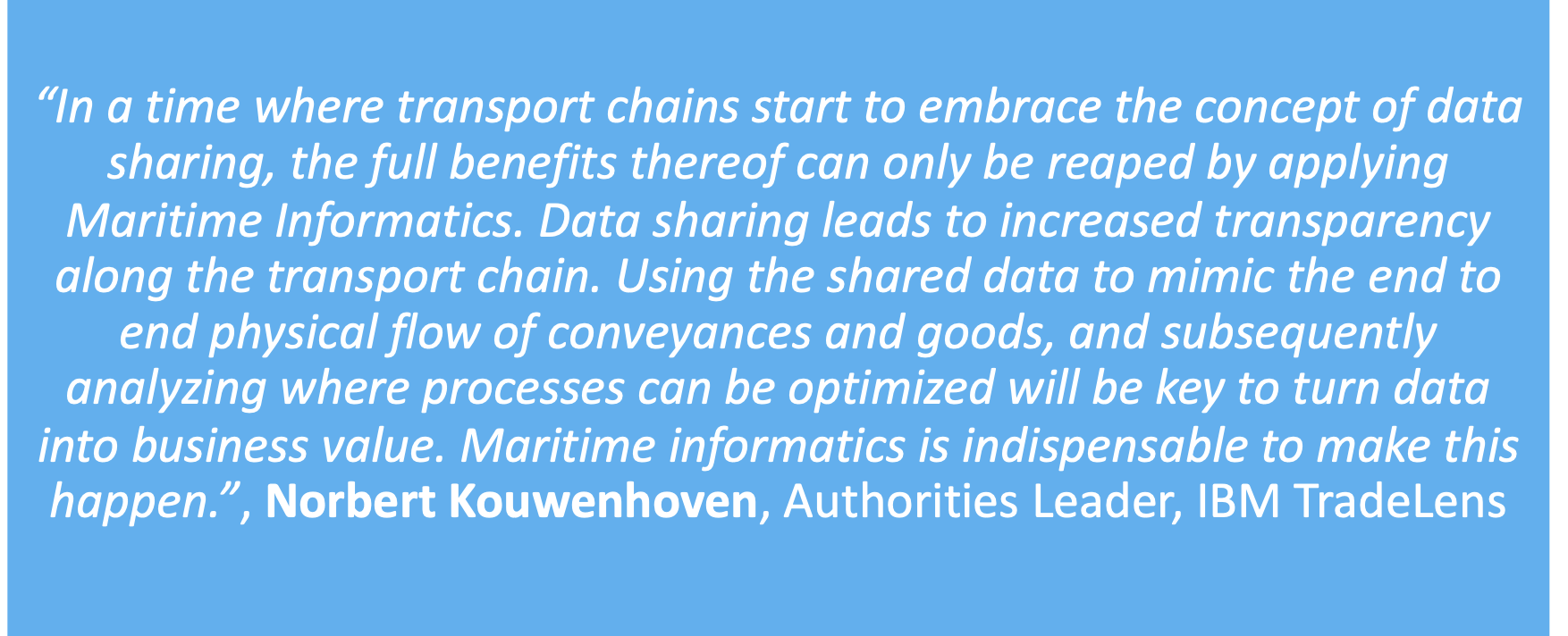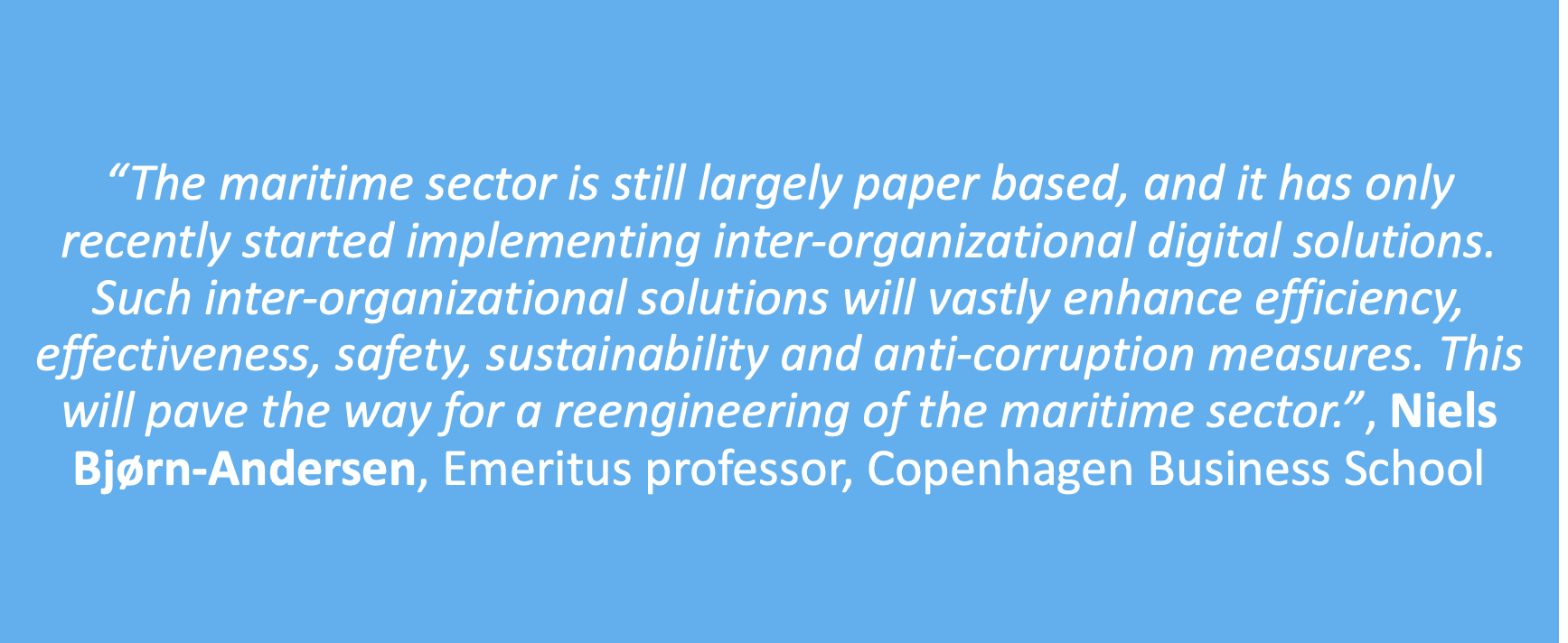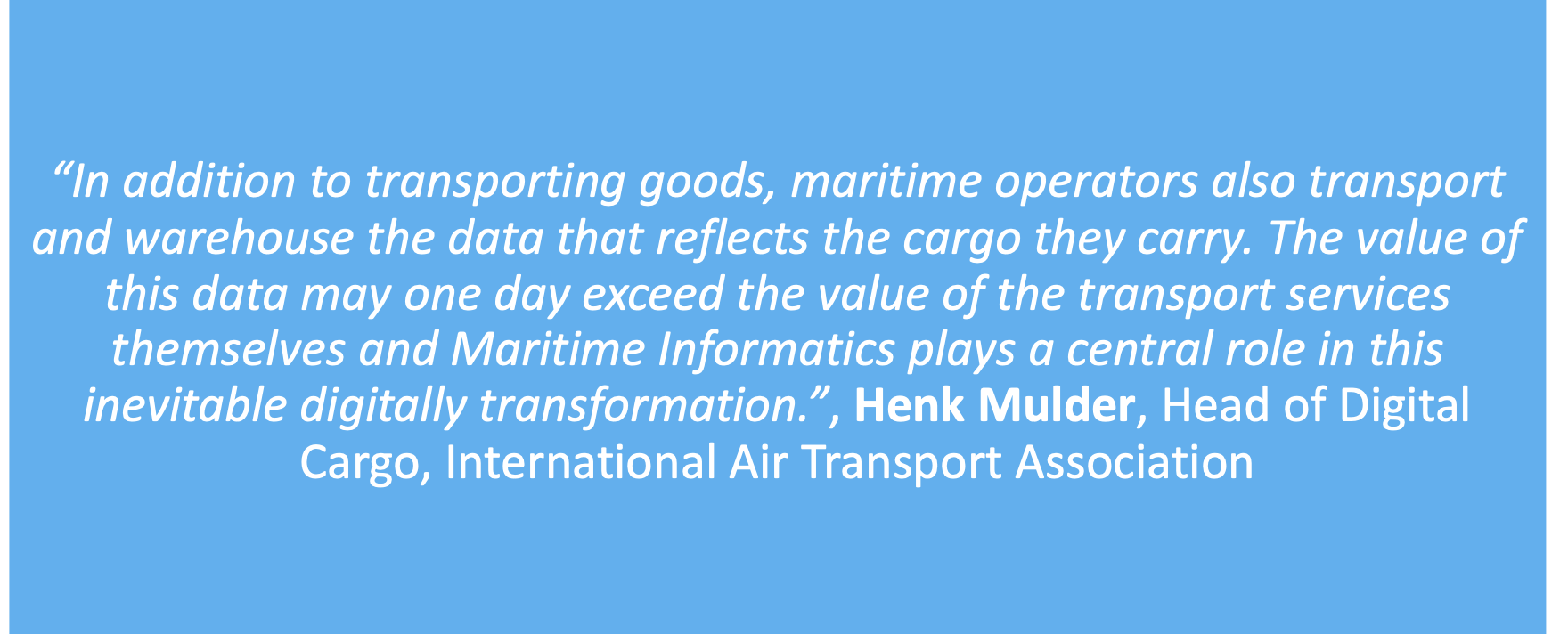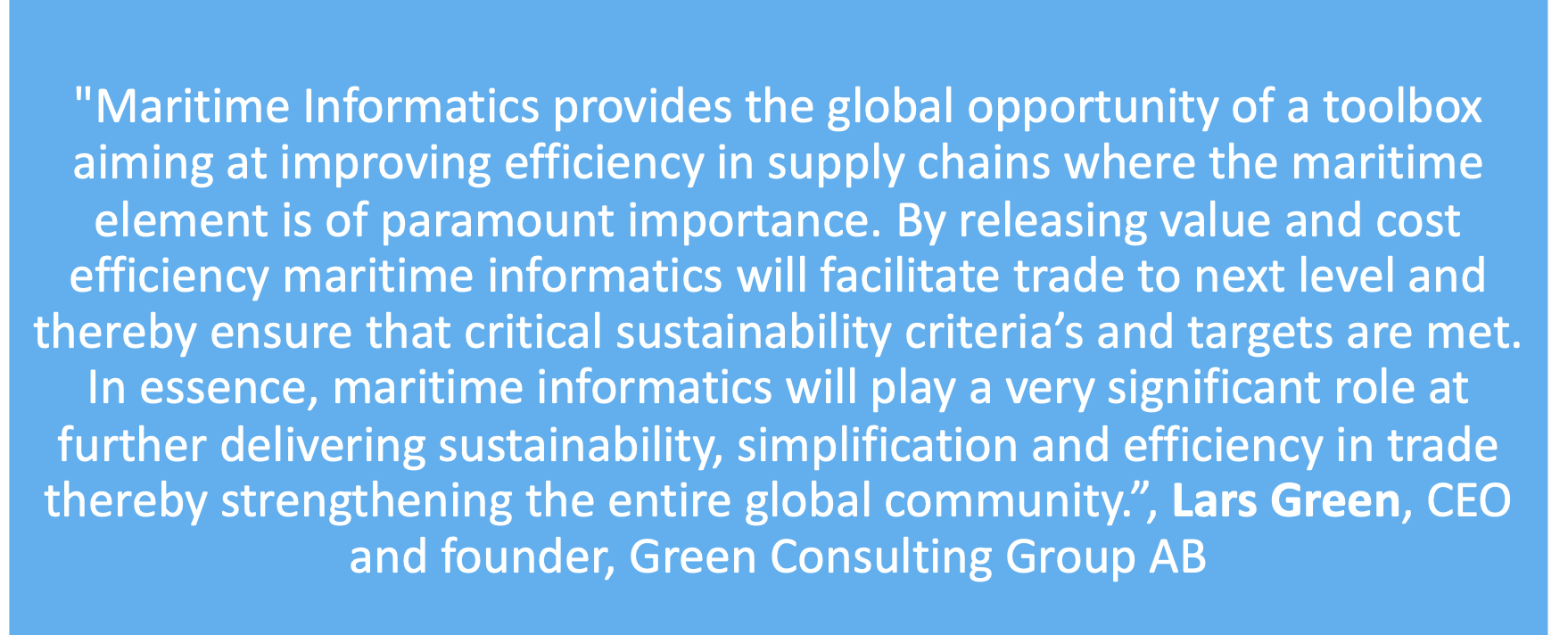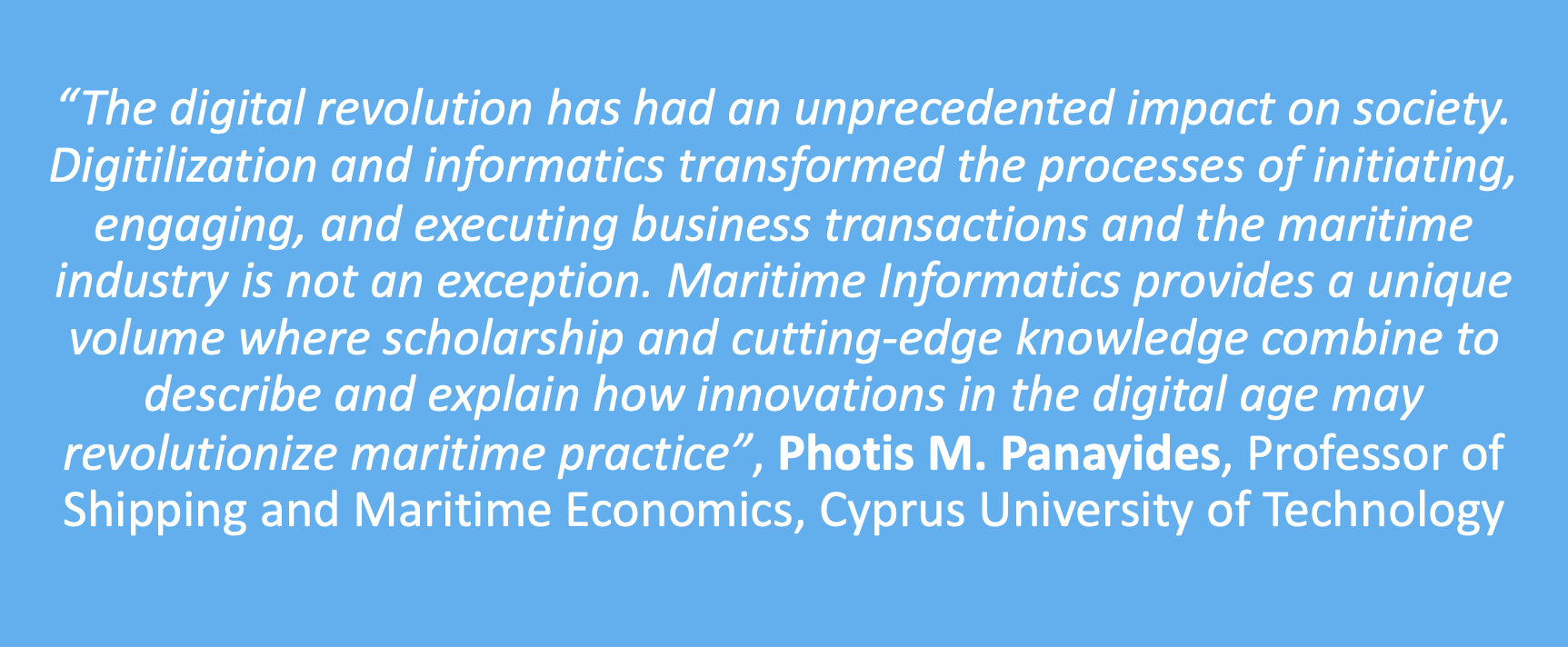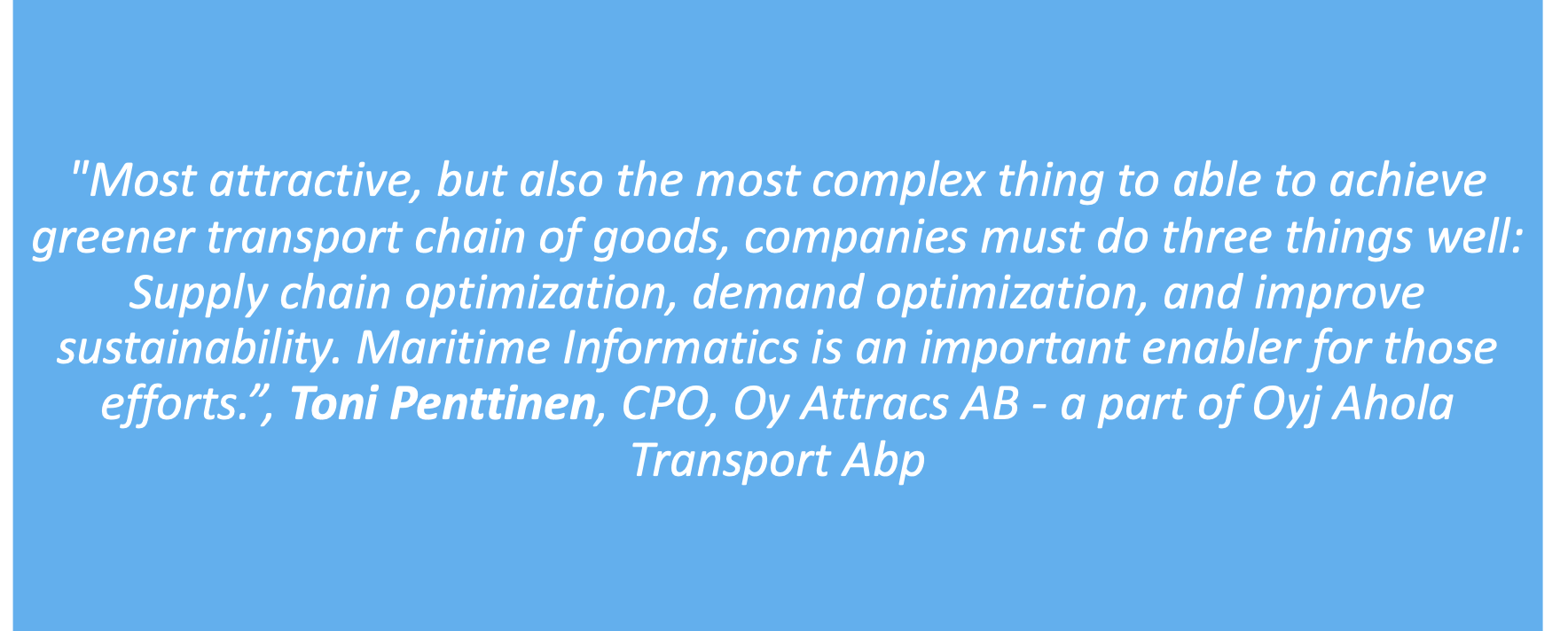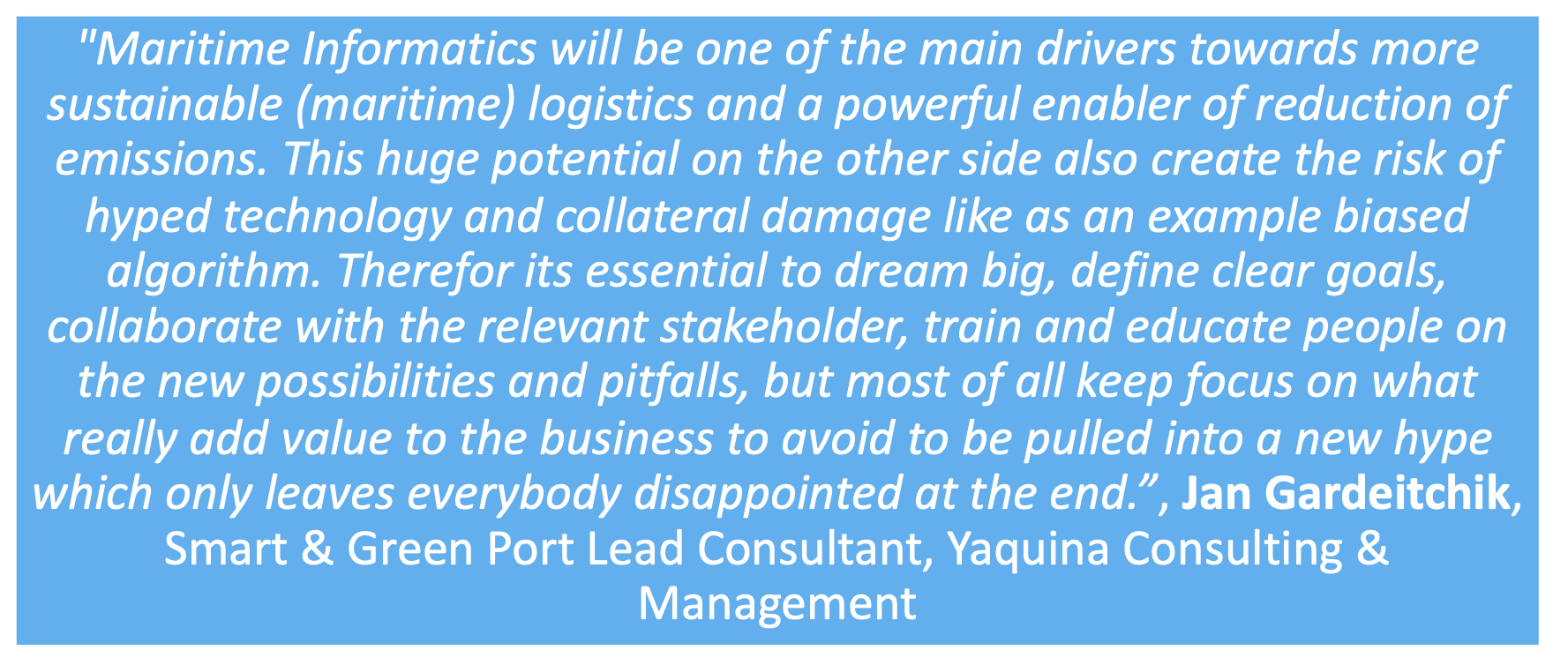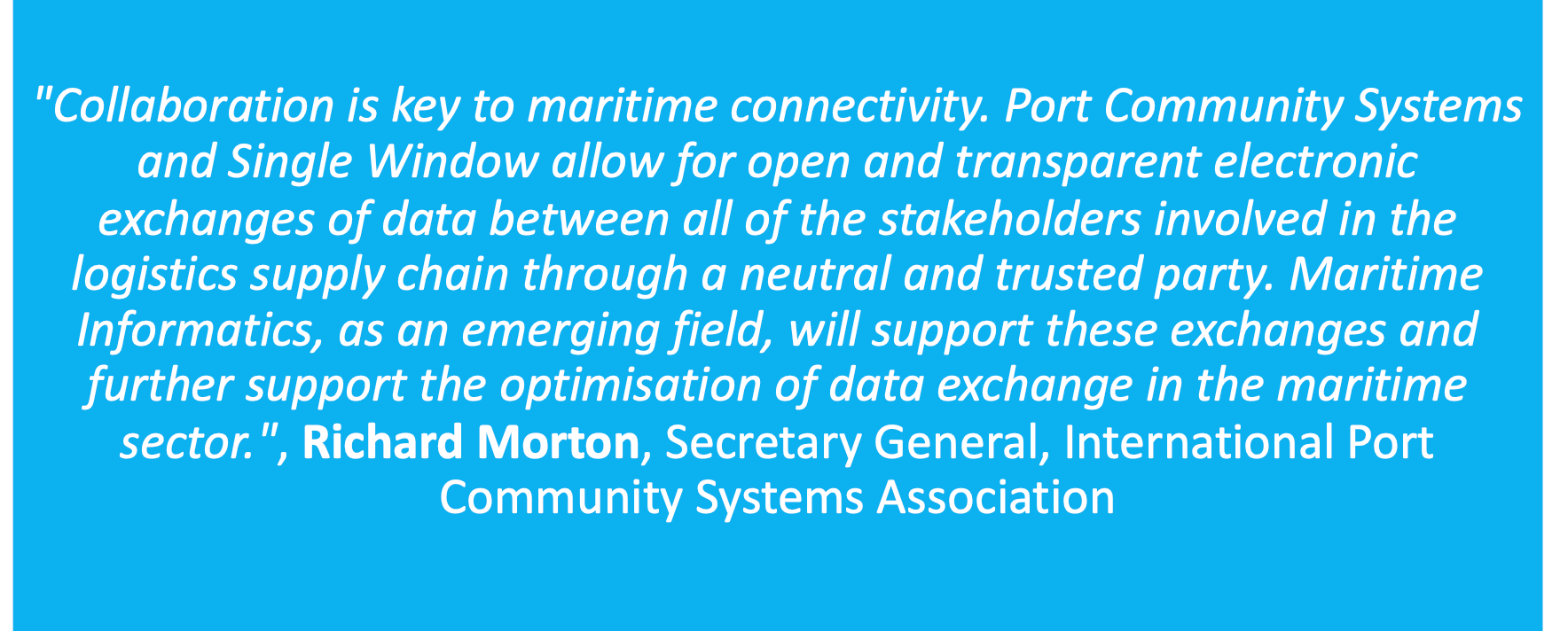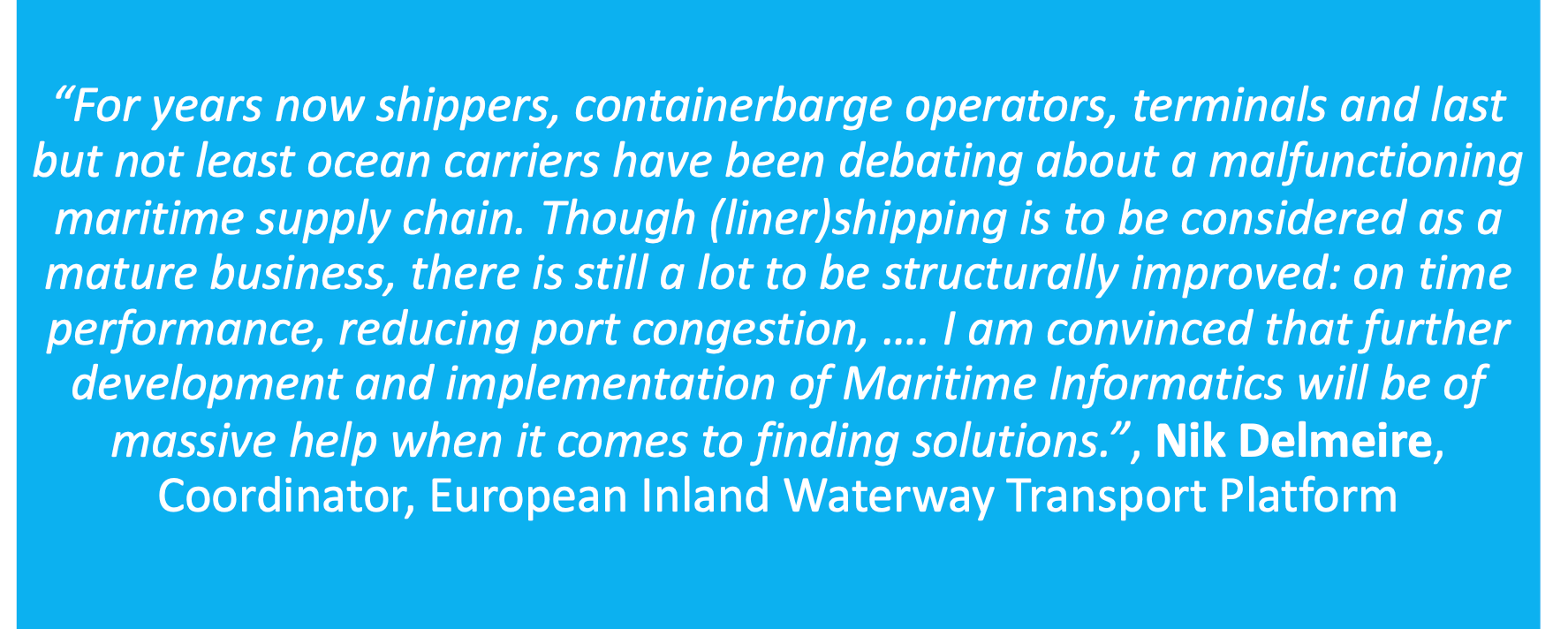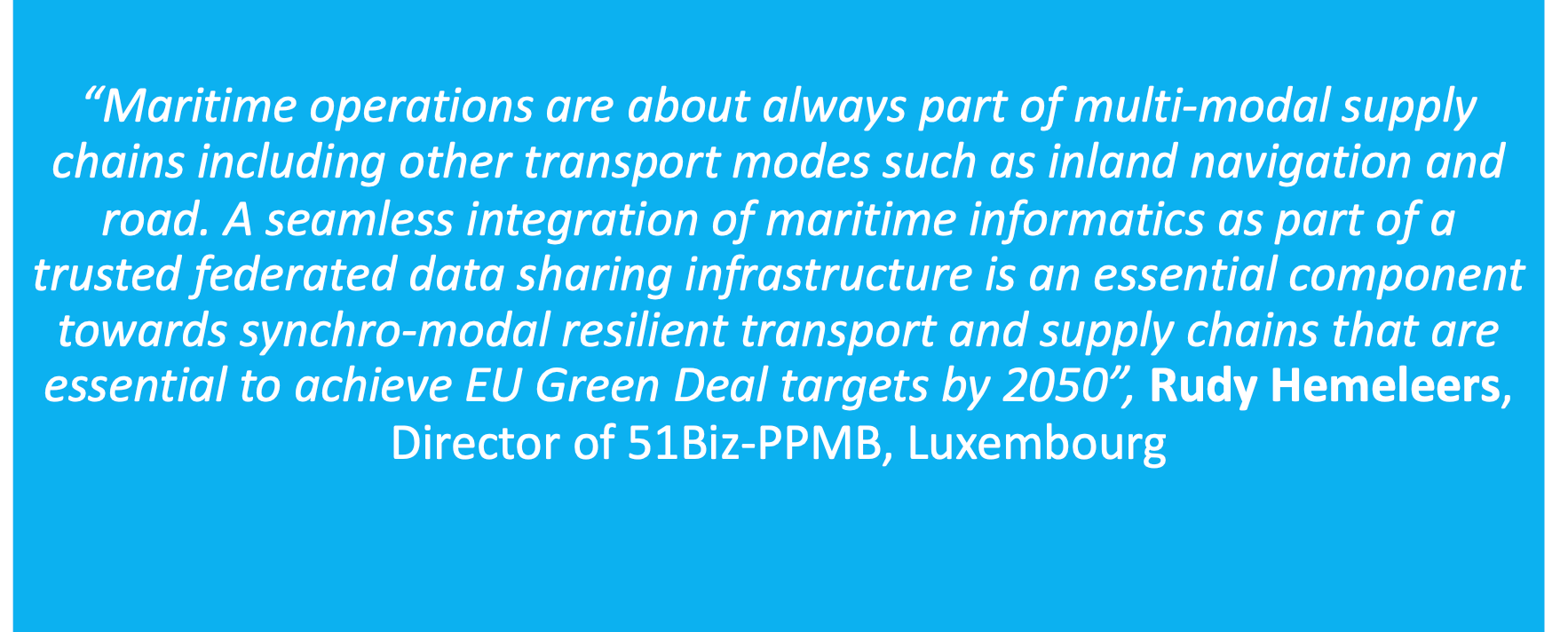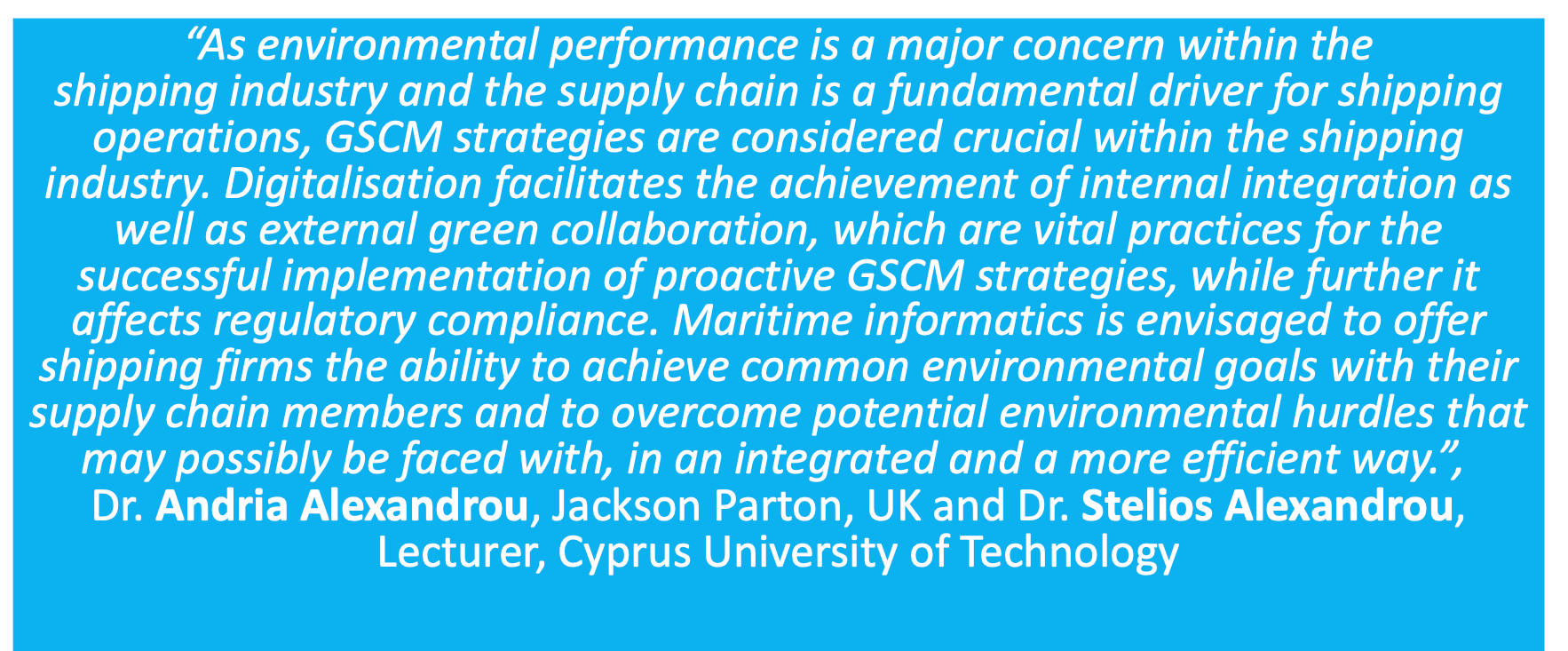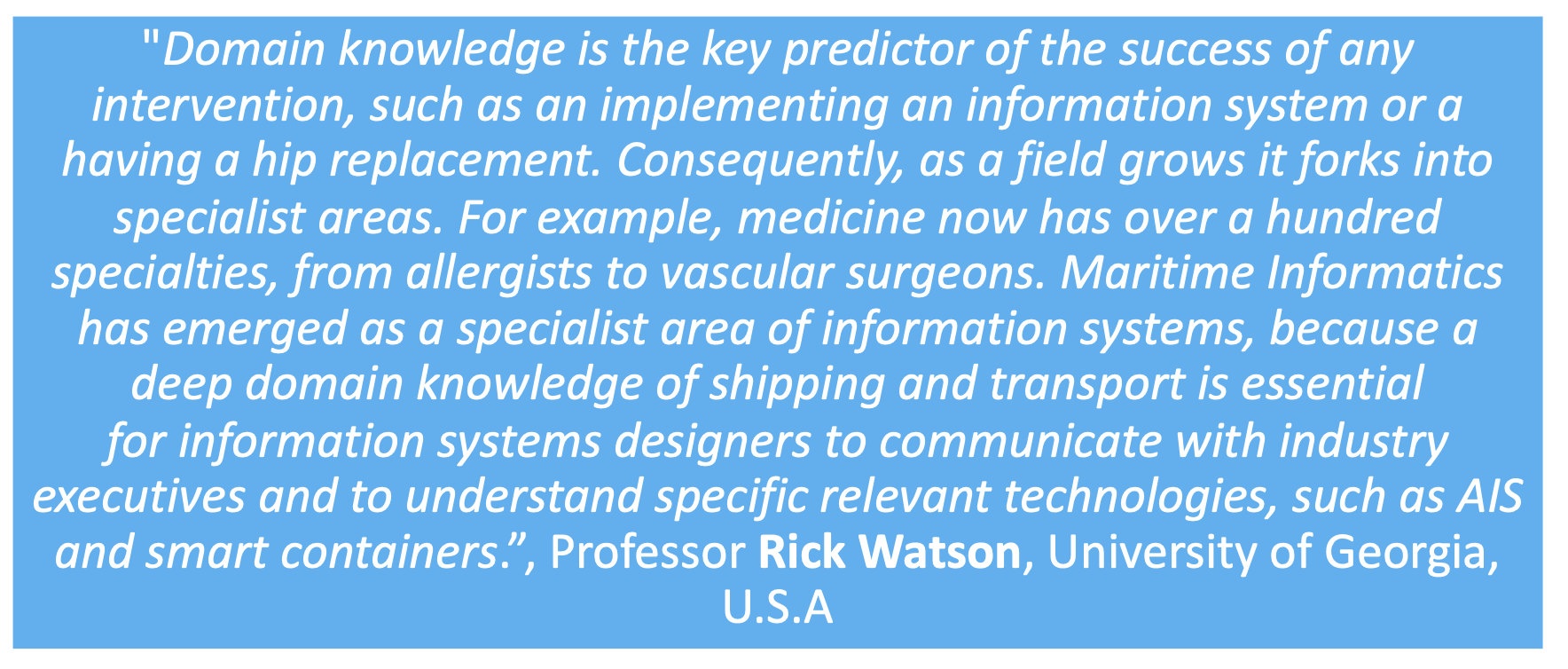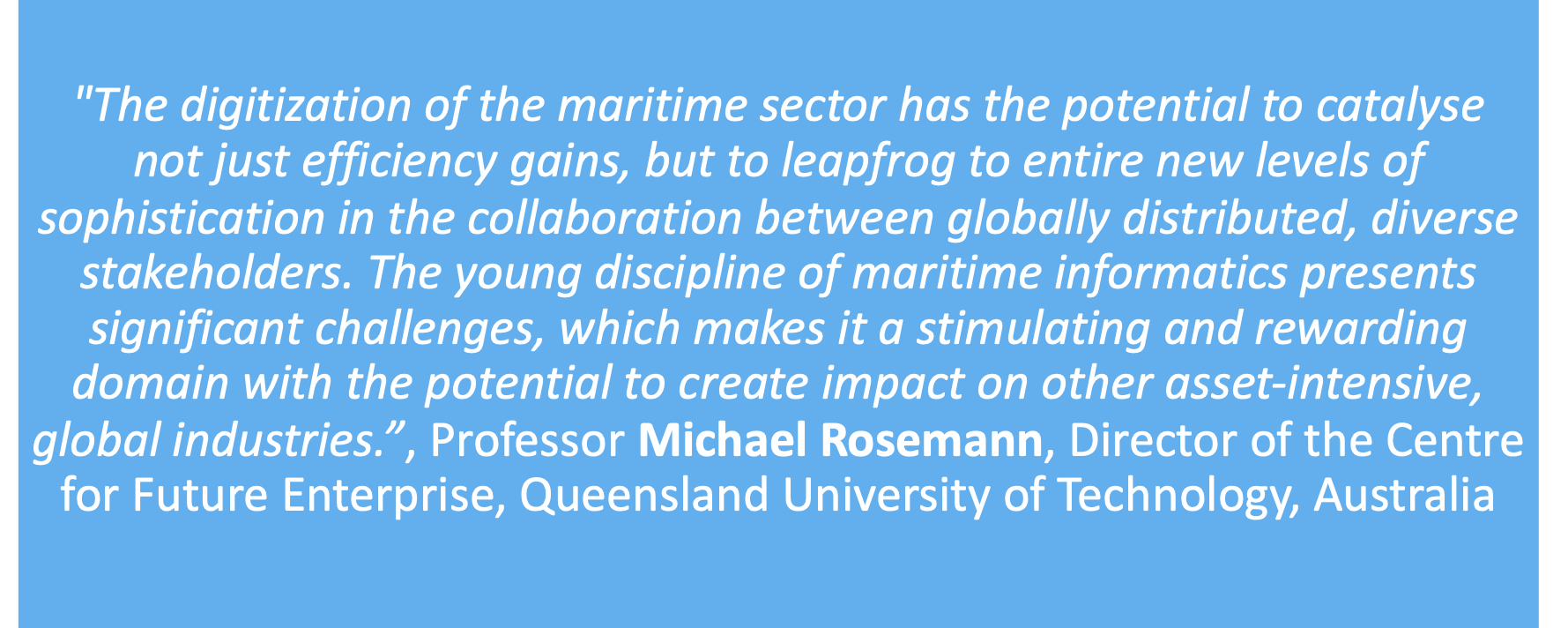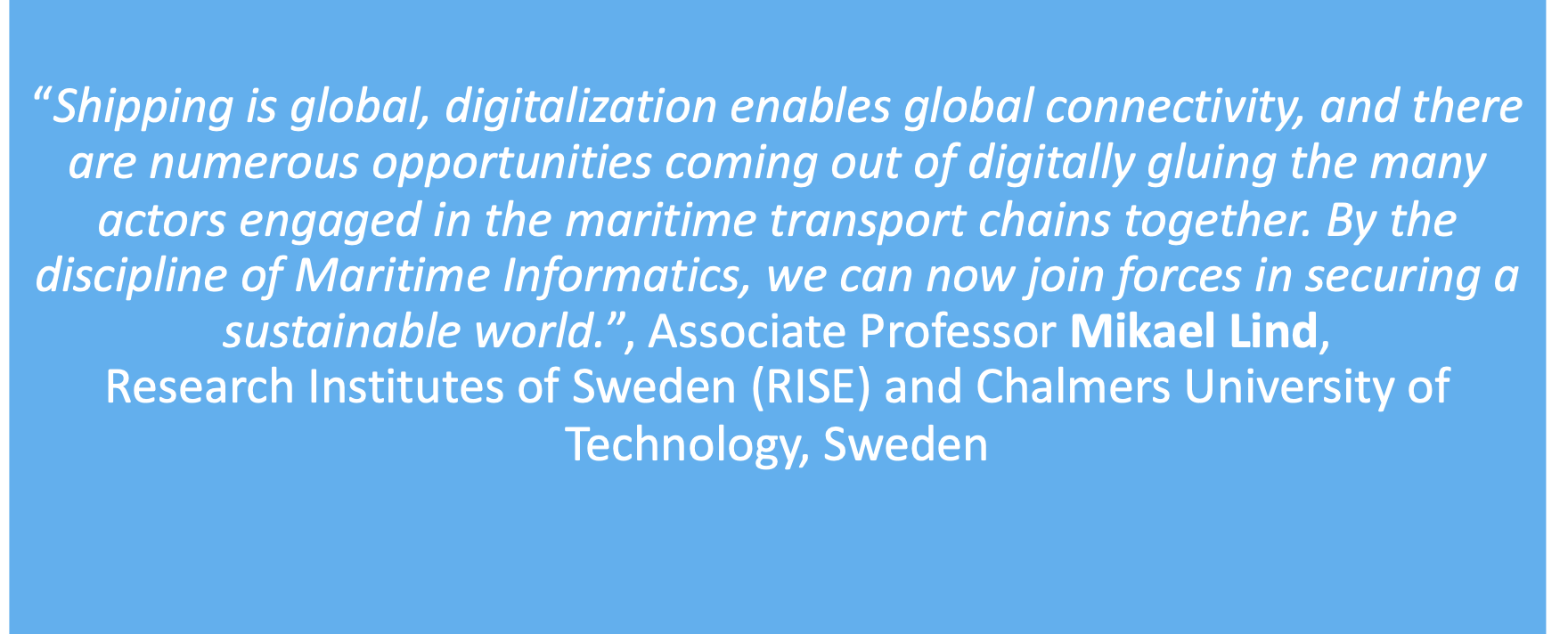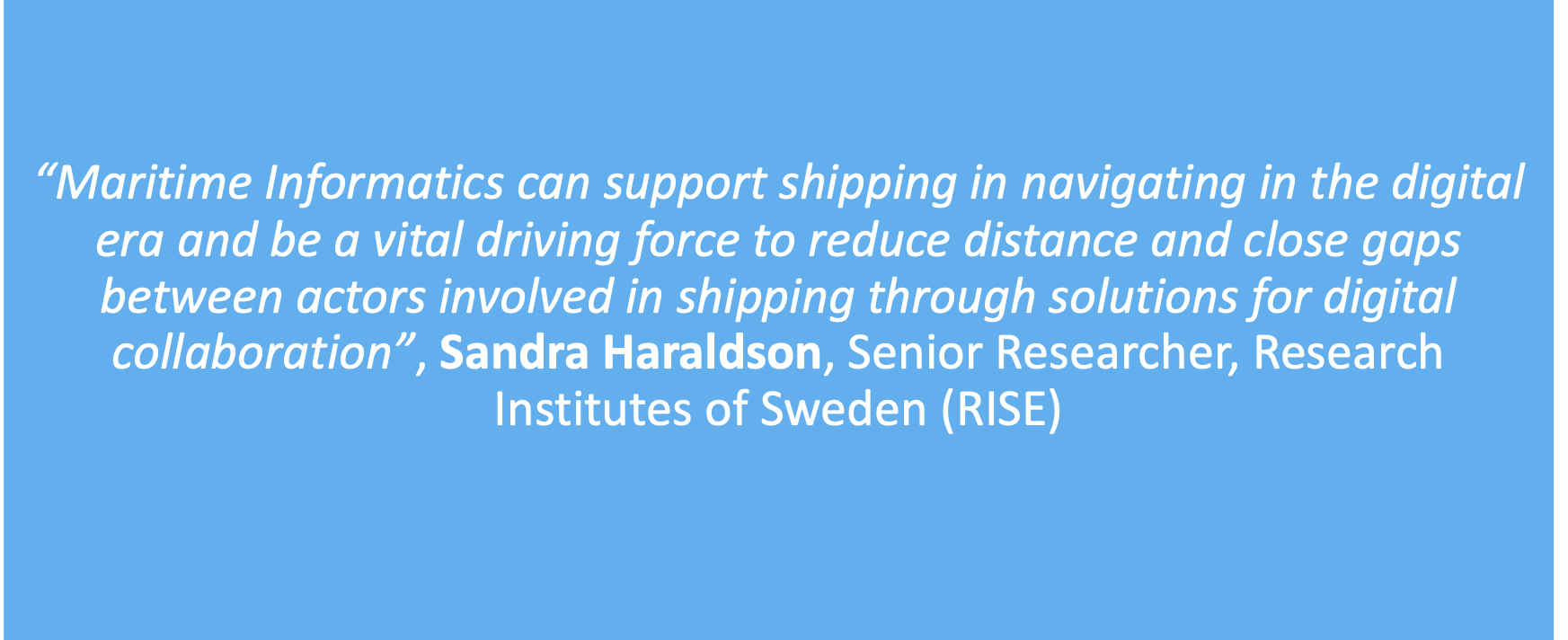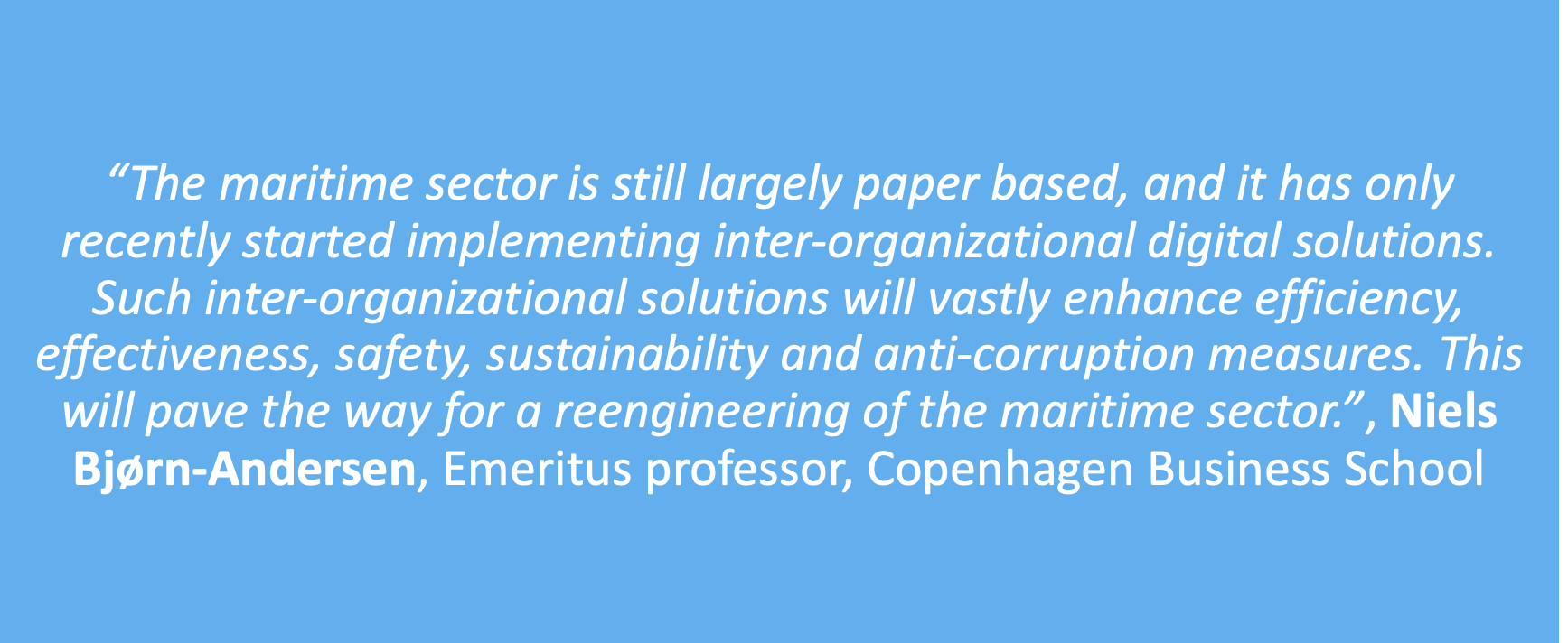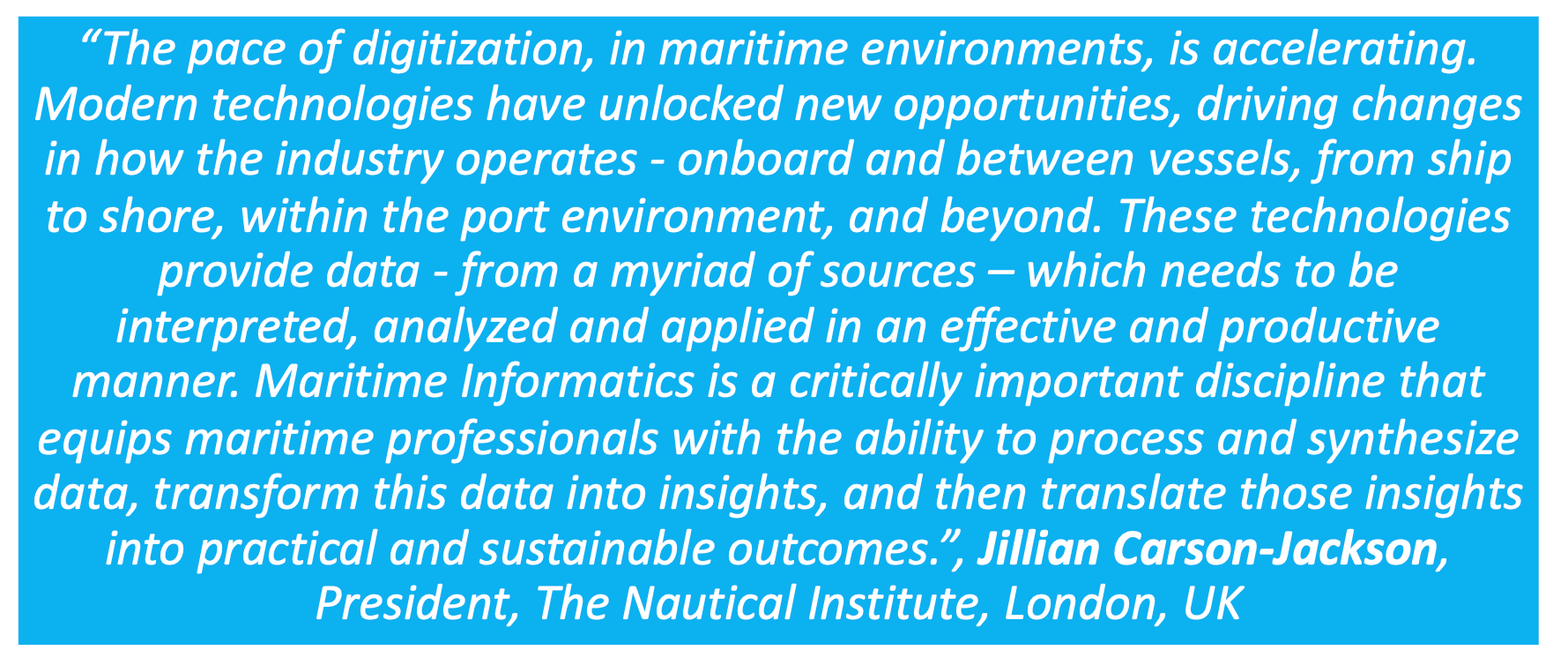Watson R. T., Lind M., Lehmacher W. (2023) Successful collaboration by managing dependencies in the shipping ecosystem, Article No. 110 [UNCTAD Transport and Trade Facilitation Newsletter N°99 – Third Quarter 2023]
Lind M., Lehmacher W., Feng Yin X., Fu X., Haraldson S., Lind K., Zhou R., Bolognesi A., Manderbacka T., Rydbergh T., Wannes Väre S. (2023) Collaborative Intelligence for Improved Supply Chain Management, 10/11-2023, The Maritime Executive.
Bal A.B., Rajput T., Lehmacher W., and Lind M. (2023) The Virtual Watch Tower: A Public Good, 3/12, The Maritime Executive.
Lind M., Lehmacher W., Haraldson S., Drejer P., Lind K., Olsson E., Schamschula S., Manderbacka T., Feng Yin X., Westermann S. (2024) VWTnet – Building the Internet of Virtual Watch Towers, 16/2-2024, The Maritime Executive.
Lehmacher W., Lind M. (2023) Real-time data sharing in supply chains: Opportunities and Challenges, edition 134, Port Technology International
Lind M., Haraldson S., Lehmacher W., Lind K., Woxenius J. (2023) ”Så kan försörjningskedjorna bli mer robusta”, Transportnytt 2/11-2023 (https://transportnytt.se/sa-kan-forsorjningskedjorna-bli-mer-robusta/)
Lehmacher W., Lind M. (2023) VWT – Improving German Competitiveness on the Global Market, BVL, 26/9-2023 (https://www.bvl.de/blog/vwt-improving-german-competitiveness-on-the-global-market%EF%BF%BC/)
Lind M., Lehmacher W., Kim L., Oh G. (2023) The importance of the VWT for Korean GDP, Shippers’ Journal, 27/9-2023 (http://www.shippersjournal.com/news/article.html?no=28418)
Lehmacher W., Lind M. (2023) Mobilisation for collaboration and progress in shipping, pp. 26-29, edition 133, Port Technology International.
Lind M., Lehmacher W., Feng Yin X., Fu X., Lind K., Rong Z., Coppelmans B., Rydbergh T. (2023) How the VWT Complements Private Data with Public Data for Better Outputs, 10/9-2023, The Maritime Executive (https://www.maritime-executive.com/editorials/how-the-virtual-watch-tower-complements-private-data-with-public-data)
Lind M., Lehmacher W. (2023) The port as a digital node: A connector well-positioned not only amidst carriers, pp. 58-61, edition 131, Port Technology International (https://maritimeinformatics.org/wp-content/uploads/2023/05/Smart-Digital-Ports-of-the-future.pdf)
Lind M., Lehmacher W., Fu X., Lind K., Yin X. F., Bolinder M., Hagerstrand-Avall B., Hallam S., Stenhammar A., Suroto J. (2023) Managing Pain Points in End-to-End Supply Chains – How a new networked solution may revolutionize risk management, 20/4-2023, The Maritime Executive (https://maritime-executive.com/editorials/managing-pain-points-in-end-to-end-supply-chains)
Lind M., Lehmacher W., Fu X., Lind K., Yin X. F., Bolinder M., Hagerstrand-Avall B., Hallam S., Stenhammar A., Suroto J. (2023) A supply chain community that can cure shipper pain points, 21/4-2023, The Loadstar (https://theloadstar.com/a-supply-chain-community-that-can-cure-shipper-pain-points/)
Raza Z., Woxenius J., Vural C. A., Lind M. (2023) Digital transformation of maritime logistics: Exploring trends in the liner shipping segment, Computers in Industry, Volume 145, February 2023, 103811 (https://doi.org/10.1016/j.compind.2022.103811)
Lehmacher W., Lind M. (2023) An Update from Sharm El-Sheikh on Decarbonisation of Transport, LogiSym – the Magazine for Supply Chain Executives, December-January 2023 (page 9-12) (logisym.org)
Lehmacher W., Lind M. (2022) Building a Fluid Goods Mobility System – A Call for Moving Beyond Data Sharing for Supply Chain Visibility, in Malek A. (Eds.) Intersection: Reimagining the future of mobility across traditional boundaries, R-521, SAE International (https://www.sae.org/publications/books/content/r-521/)
Lehmacher W., Lind M. (2021) COP26: 5Zs that changed the world, Part 1–Defining the moment”, LogiSym – the Magazine for Supply Chain Executives, December-January 2021 (page 32-34) (logisym.org)
Lehmacher W., Lind M. (2021) COP26: 5Zs that changed the world, Part 2–Defining the execution”, LogiSym – the Magazine for Supply Chain Executives, February 2022 (page 22-24) (logisym.org)
Lind M., Lehmacher W., Hoffmann J., Jensen L., Notteboom T., Rydbergh T., Sand P., Haraldson S., White R., Becha H., Berglund P. (2022) An expanded JIT approach: Improving synchronization across maritime value chains, Marine Technology, January 2022, The society of Naval Architects & Marine Engineers
Lind M., Lehmacher W., Hoffmann J., Jensen L., Notteboom T., Rydbergh T., Sand P., Haraldson S., White R., Becha H., Berglund P. (2022) Synchronization across maritime value chains can ease inflation, 1/2-2021, The Loadstar.
Lind M., Lehmacher W., Simha A., Porto L., Mulder H., Huesmann R., Almança L. (2021) The dynamics around the digitisation of documents – The eBL as vehicle towards a more data-driven approach, 26/11-2021, The Maritime Executive.
Lind M., Lehmacher W., Simha A., Porto L., Mulder H., Huesmann R., Almança L. (2021) Shipping e-docs set to emulate airlines with digital take-off, 24/11-2021, The Loadstar.
Lind M., Bergstrand J., Haraldson S., Lind K.,Olsson E., Roos A., Renz M., Strokirk C., Bull Sletholt K., Björkman A., Carling K., Ivansson G., Karlsson M., Rudolfsson P. (2021) A digital ecosystem supporting sustainable multimodal supply chains, 2021-09-06, The Loadstar.
Lind M., Bergstrand J., Haraldson S., Lind K.,Olsson E., Roos A., Renz M., Strokirk C., Bull Sletholt K., Björkman A., Carling K., Ivansson G., Karlsson M., Rudolfsson P. (2021) Digital ecosystem innovation in action – a federative approach to sustainable and seamless multi-modal transport chains, 2021-09-06, Smart Maritime Network.
Lind M., Alvarado J.L., Mulder H., Nykänen L. and Piccoli G. (2021) Digital data sharing for greener transport in sustainable supply chains – the benefits of establishing a Federated network of platforms, 3/6-2021, Smart Maritime Network.
Lind M., Alvarado J.L., Mulder H., Nykänen L. and Piccoli G. (2021) Digital data sharing for green transport – a FEDeRATED approach, 3/6-2021, The LoadStar.
Lehmacher W., Lind M., van Gogh M., Becha H., Kouwenhoven N., Lund E., Mulder H., Simha A., Clary F., Renz M., Murphy N. (2021) Responding to humanitarian and global concerns with digitally enabled supply chain visibility, in M. Lind, M. Michaelides, R. Ward, R. T. Watson (Ed.), Maritime informatics: Additional Perspectives and Applications. Heidelberg: Springer.
Lind M., Lehmacher W., Hoffmann J., Jensen L., Notteboom T., Rydbergh T., Sand P., Haraldson S., White R., Becha H., Berglund P. (2021) Finite port resources can be stretched with dynamic digital developments, The Loadstar, 30/6-2021
Lind M., Lehmacher W., Hoffmann J., Jensen L., Notteboom T., Rydbergh T., Sand P., Haraldson S., White R., Becha H., Berglund P. (2021) Improving a congested maritime supply chain with time slot management for port calls, The Maritime Executive, 29/6-2021
Lind M., Alvarado J.L., Mulder H., Nykänen L. and Piccoli G. (2021) Digital data sharing for greener transport in sustainable supply chains – the benefits of establishing a Federated network of platforms, 3/6-2021, Smart Maritime Network
Lind M., Alvarado J.L., Mulder H., Nykänen L. and Piccoli G. (2021) Digital data sharing for green transport – a FEDeRATED approach, 3/6-2021, The LoadStar
Michaelides M., Lind M., Green L., Askvik J., Siokouros Z. (2021), Decision Support in Short Sea Shipping, in M. Lind, M. Michaelides, R. Ward, R. T. Watson (Ed.), Maritime informatics. Heidelberg: Springer.
Voorspuij J., Becha H. (2021), Digitalisation in maritime regional and global supply chains, in M. Lind, M. Michaelides, R. Ward, R. T. Watson (Ed.), Maritime informatics. Heidelberg: Springer.
Ward R., Gahnström J., Hägg M., Olindersson F., Lind M., Green S. (2021), Decision support for voyaging, in M. Lind, M. Michaelides, R. Ward, R. T. Watson (Ed.), Maritime informatics. Heidelberg: Springer.
Lind M., Simha A., Becha H. (2020) Creating value for the transport buyer with Digital Data Streams, 9/3-2020, Maritime executive (https://www.maritime-executive.com/editorials/creating-value-for-the-transport-buyer-with-digital-data-streams)
Lind M., Michaelides M., Ward R., Herodotou H., Watson R.T. (2019) Boosting data-sharing to improve Short Sea Shipping Performance: Evidence from Limassol port calls analysis, Article No. 35 [UNCTAD Transport and Trade Facilitation Newsletter N°82 – Second Quarter 2019] (https://unctad.org/en/pages/newsdetails.aspx?OriginalVersionID=2102)
Michaelides M., Herodotou H., Lind, M., and Watson R. T. (2019) Port-2-Port Communication Enhancing Short Sea Shipping Performance: The Case Study of Cyprus and the Eastern Mediterranean. Sustainability Journal, Vol. 11, No. 7, pp. 1912-34
Lind M. (2018) Digital data sharing in maritime transport chains, Digital Ship, November 2018 (pp. 6) (www.thedigitalship.com)
Lind M., Bergmann M., Haraldson S., Watson R.T., Michaelides M., Herodotou H., Voskarides S. (2018) Port-2-Port Communication Enabling Short Sea Shipping: Cyprus and the Eastern Mediterranean, Concept Note #5, STM Validation Project (https://www.ipcdmc.org/galerie)
Lind M., Karlsson F., Watson R.T., Bergmann M., Hägg M. (2018) Empowering the chain of operations in berth-to-berth sea transports by digitization, Concept Note #8, STM Validation Project (https://www.ipcdmc.org/galerie)
Lind M., Watson R.T., Ward R., Bergmann M., Bjørn-Andersen N., Rosemann M., Haraldson, S., Andersen T., (2018) Digital Data Sharing: The Ignored Opportunity for Making Global Maritime Transport Chains More Efficient , Article No. 22 [UNCTAD Transport and Trade Facilitation Newsletter N°79 – Third Quarter 2018] (https://unctad.org/en/pages/newsdetails.aspx?OriginalVersionID=1850)
Lind M., Watson R.T., Bergmann M., Ward R., Bjørn-Andersen N., Haraldson S., Rosemann M., Andersen T., Delmeire N. (2018) Process completeness for effective maritime ecosystems, Concept Note #12, STM Validation Project (https://www.ipcdmc.org/galerie)
Lind M., Watson R.T., Bergmann M., Ward R., Bjørn-Andersen N., Jensen T., Haraldson S., Zerem A., Rosemann M. (2018) Digitizing the maritime eco-system – Improving door-to-door coordination via a digitized transport chain, Concept Note #11, STM Validation Project (https://www.ipcdmc.org/galerie)
Lind, M., Bergmann, M., Hägg, M., Karlsson, F., Siwe, U., & Watson, R. T. (2018). Sea Traffic Management – The Route to the Future. Paper presented at the COMPIT’18, Pavone, Italy.
Lind, M., Brödje, A., Haraldson, S., Hägg, M., Watson R.T. (2015). Digitalisation for sustainable sea transports. In M. Fiorini & J.-C. Lin (Eds.), Clean Mobility and Intelligent Transport Systems (Vol. 1, pp. 187-217): IET.
Haraldson S. (2015) Digitalization of Sea Transports–Enabling Sustainable Multi-Modal Transports, 21st Americas Conference on Information Systems (AMCIS 2015), Puerto Rico
Lind M., Brödje A., Watson R.T., Haraldson S., Holmberg P-E., Hägg M. (2014) Digital Infrastructures for enabling Sea Traffic Management, The 10th International Symposium ISIS 2014 “Integrated Ship’s Information Systems“
